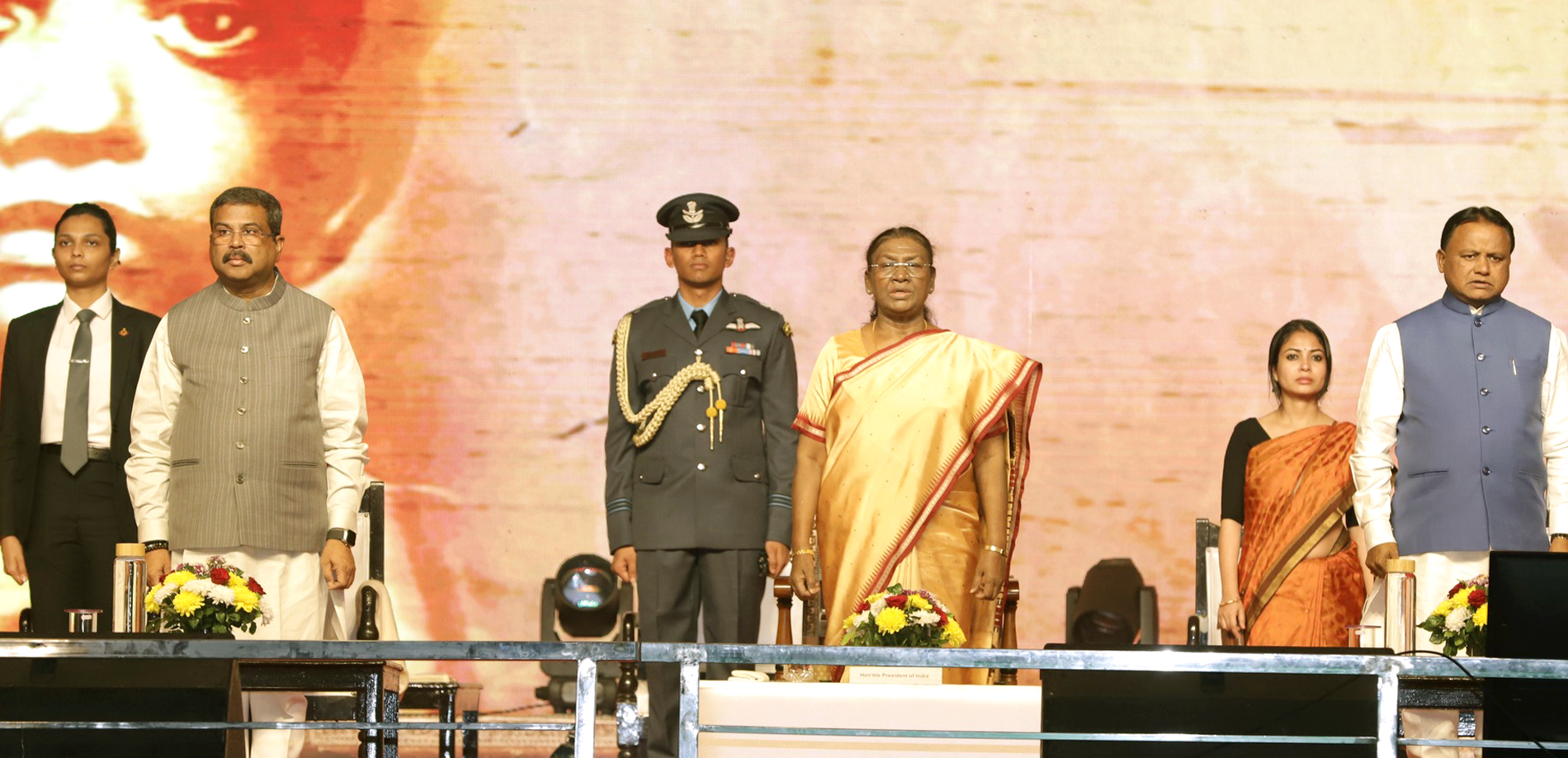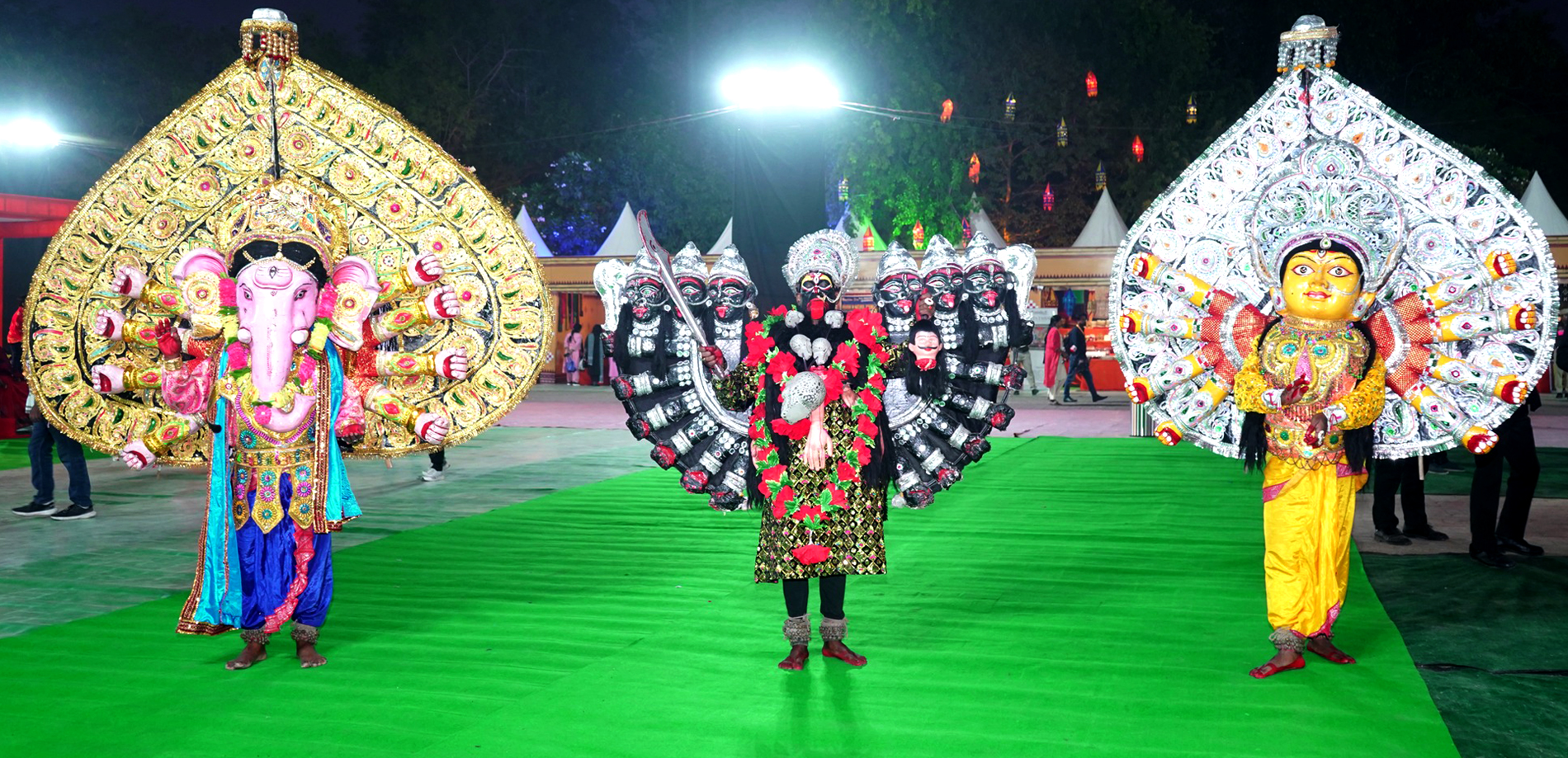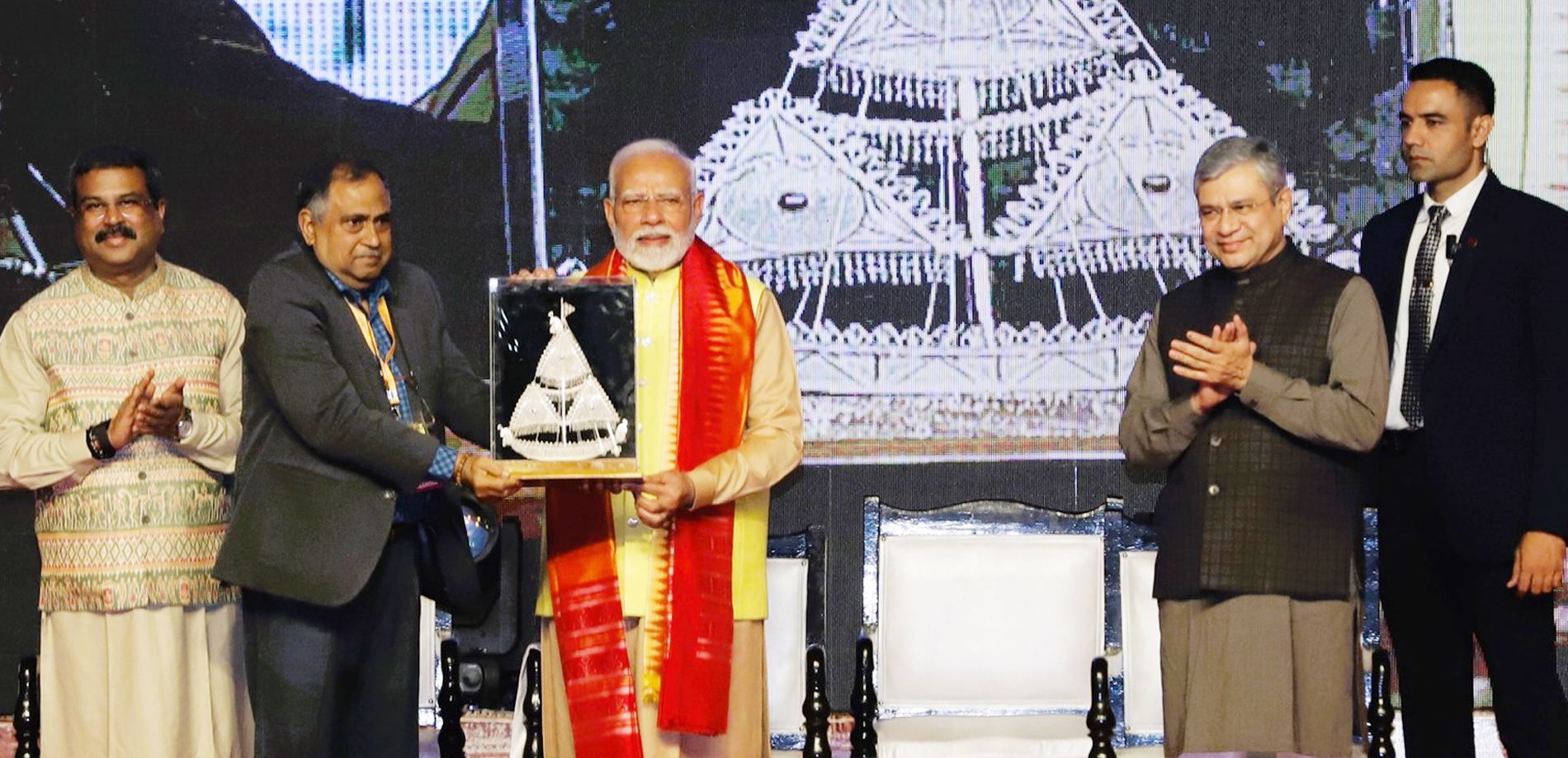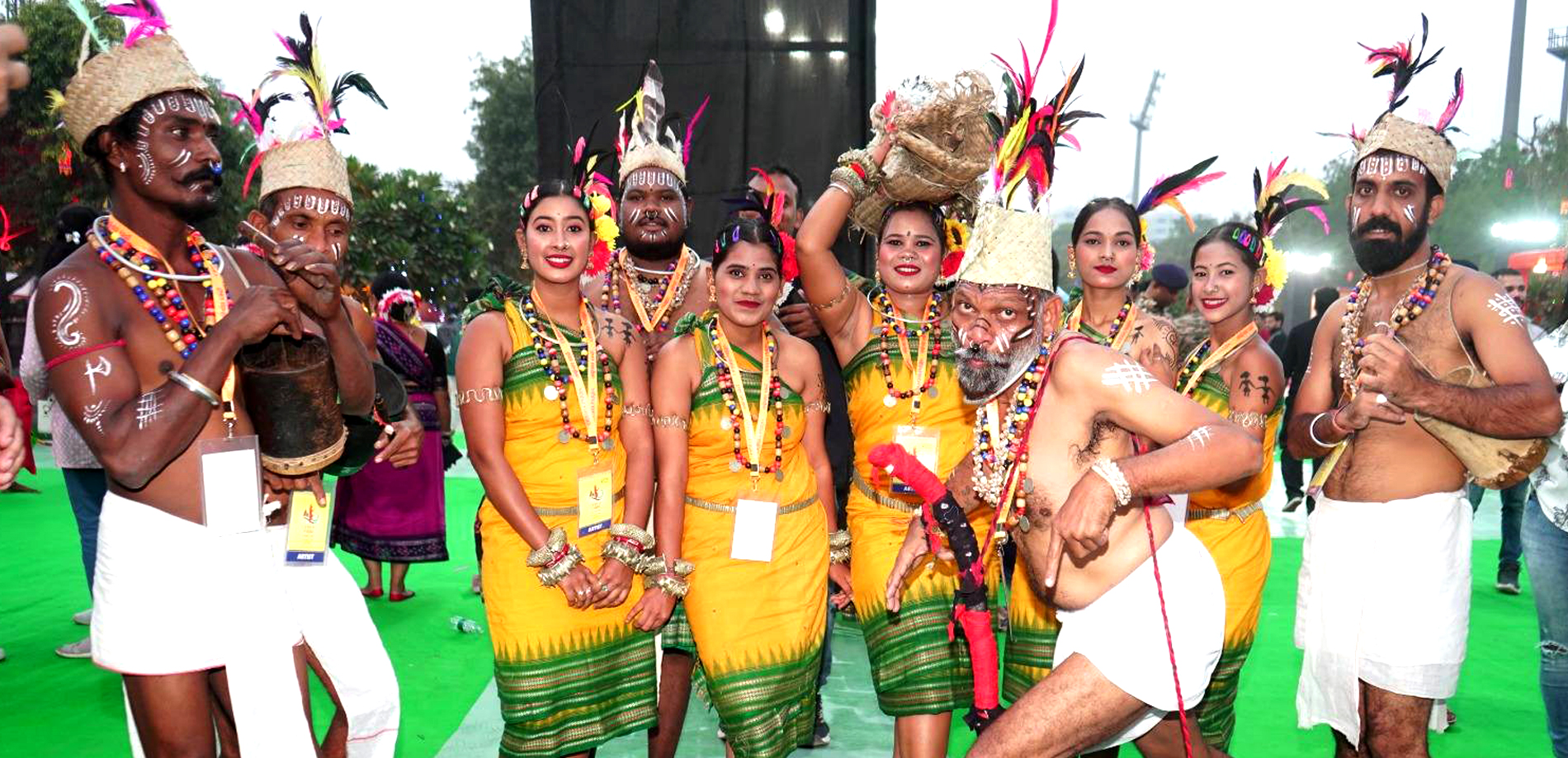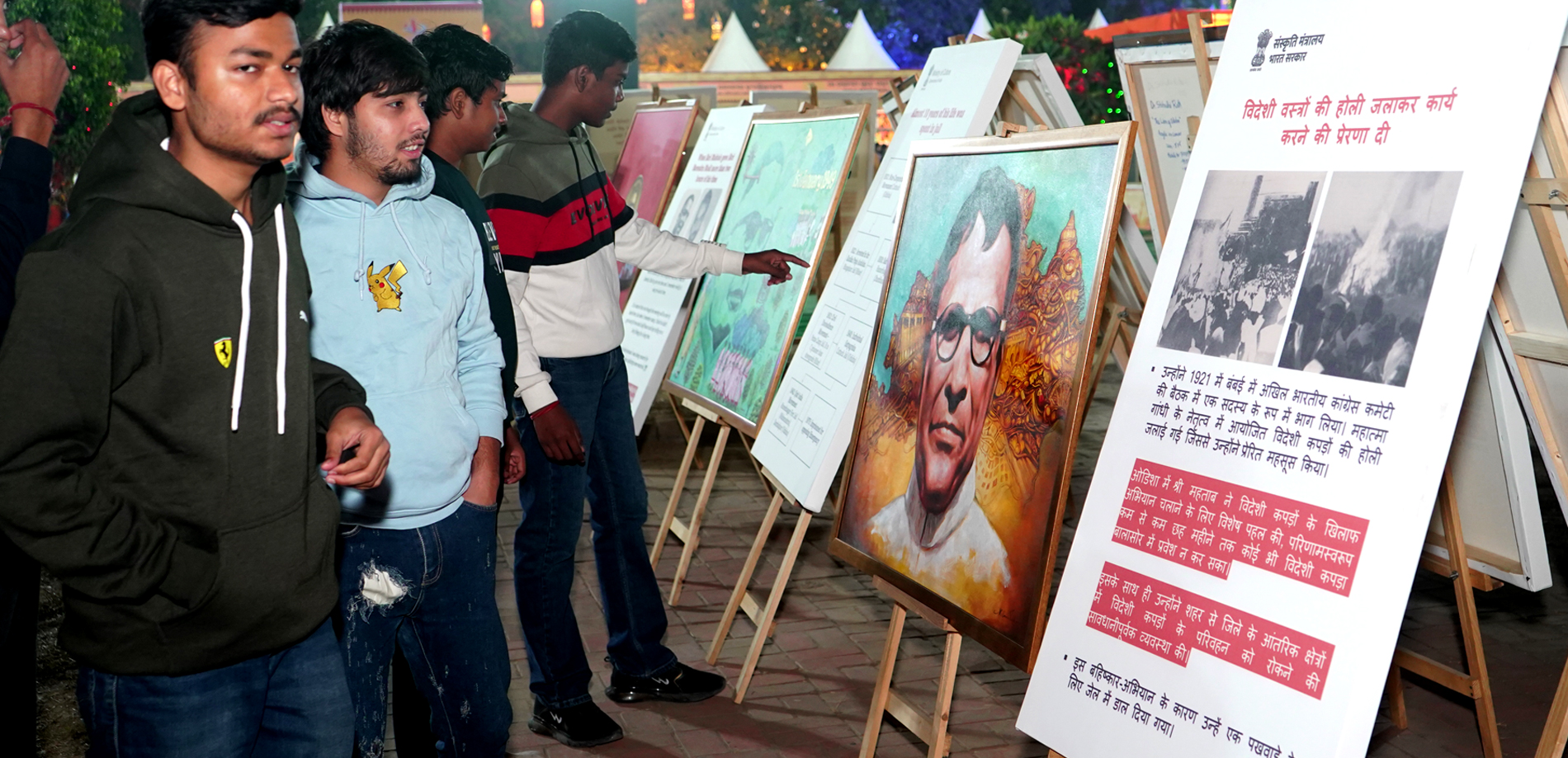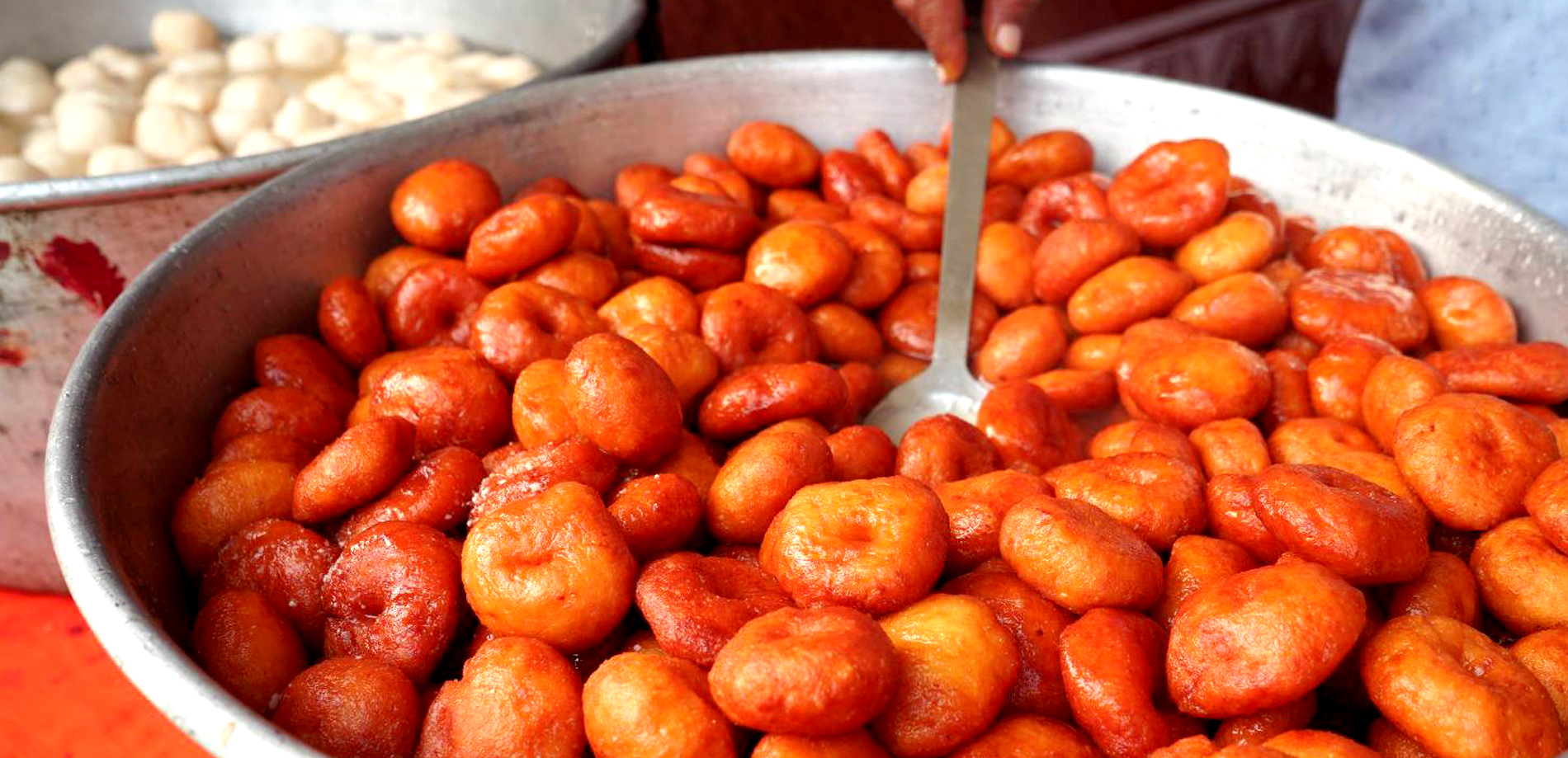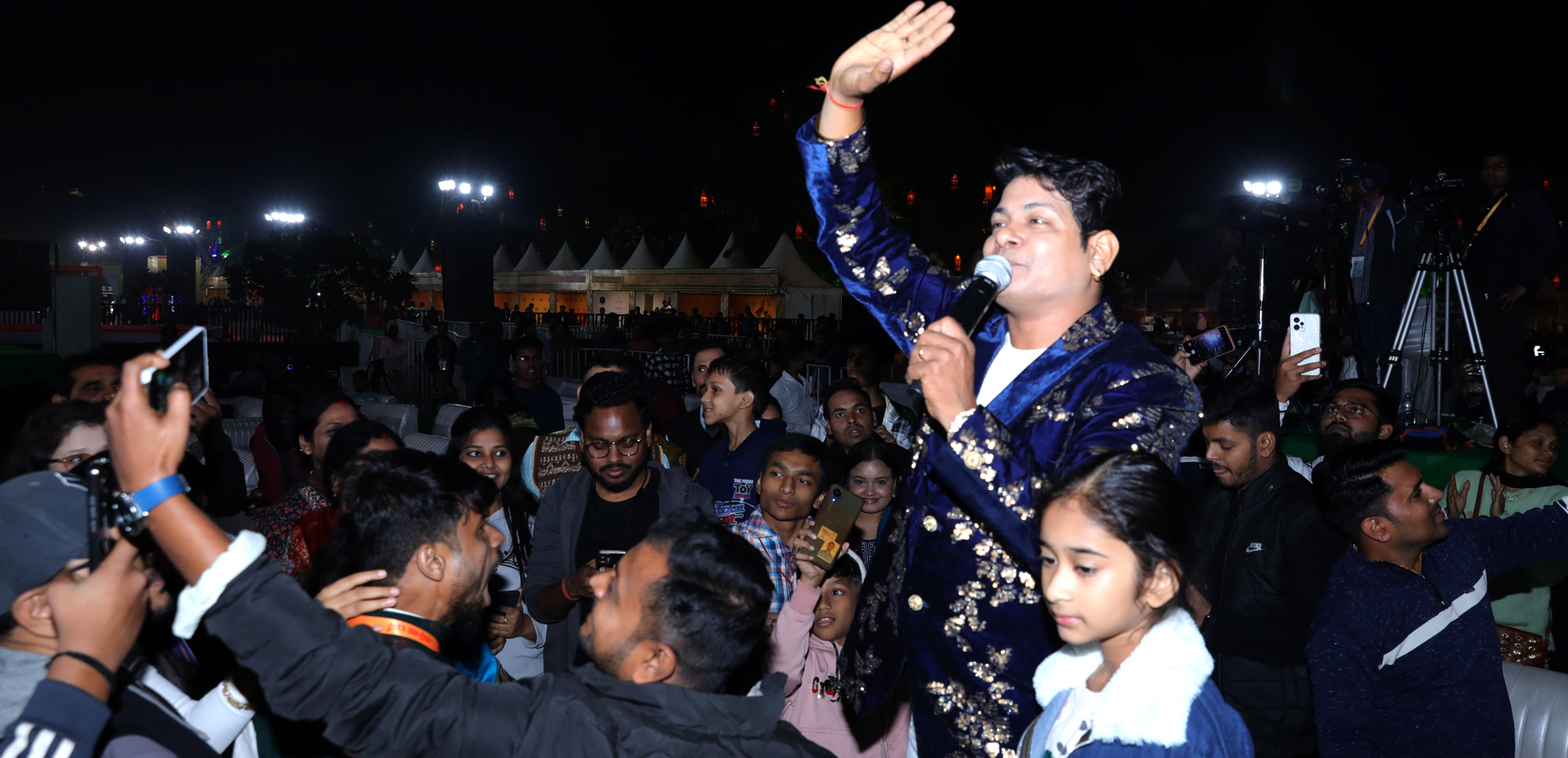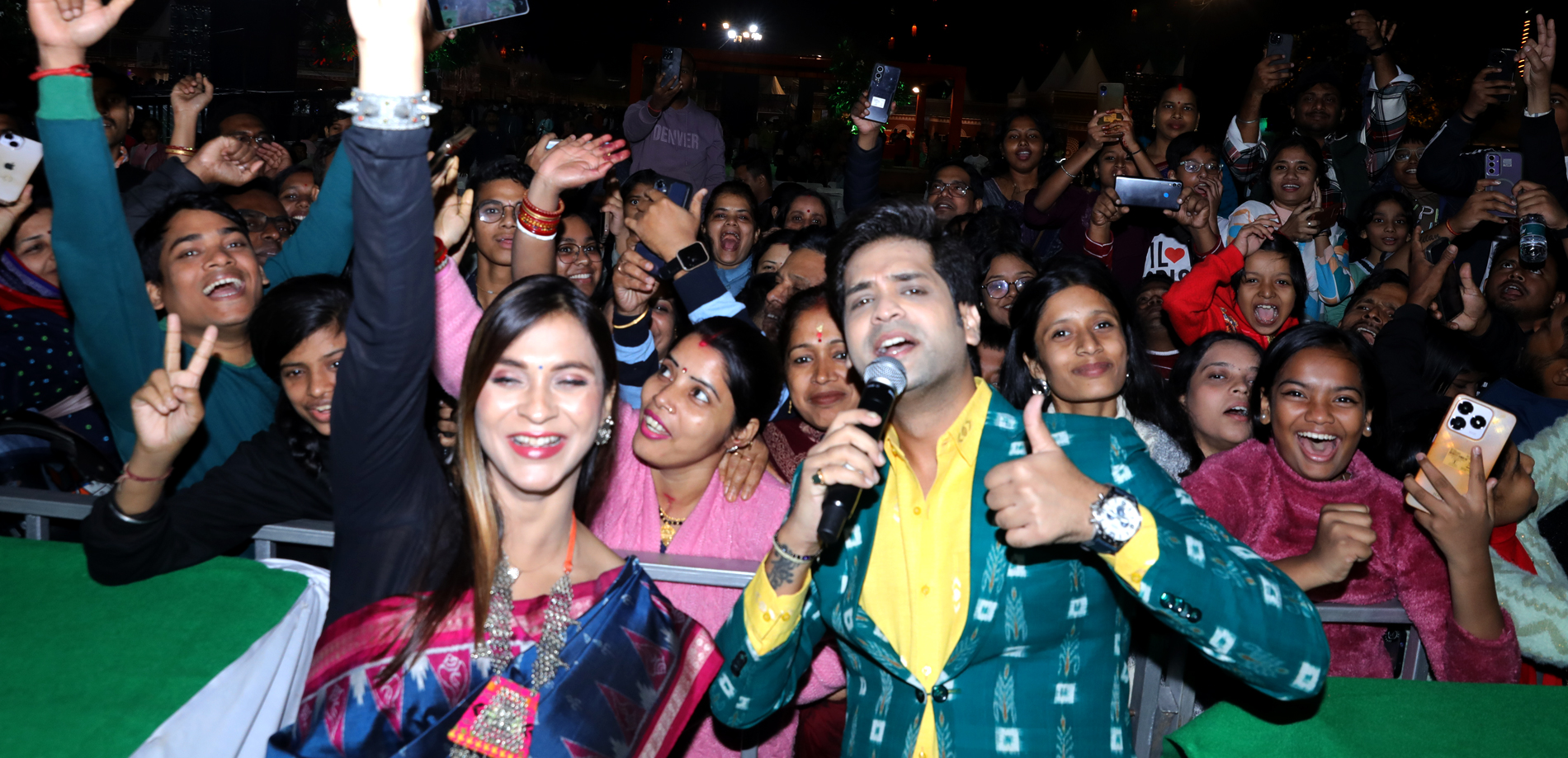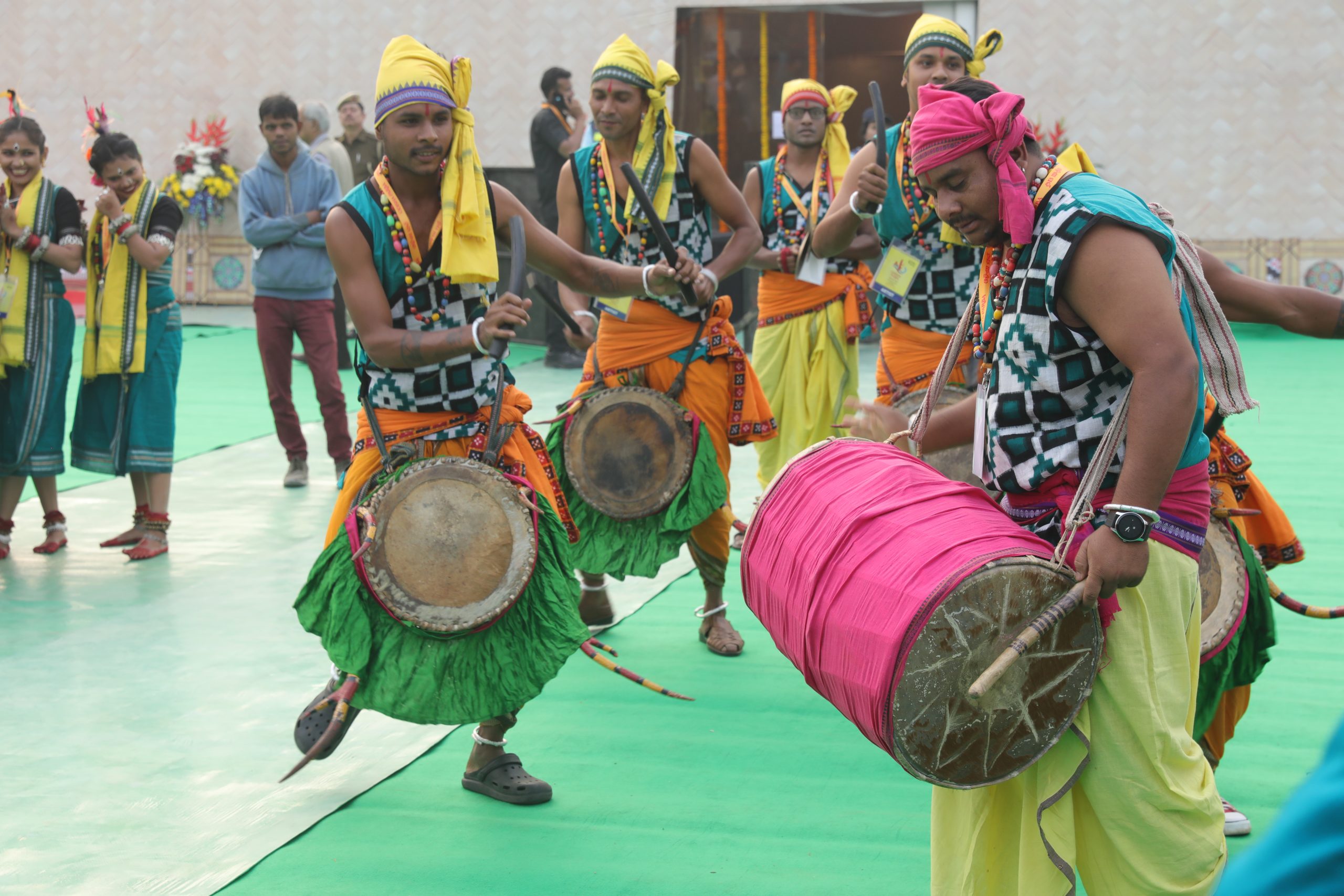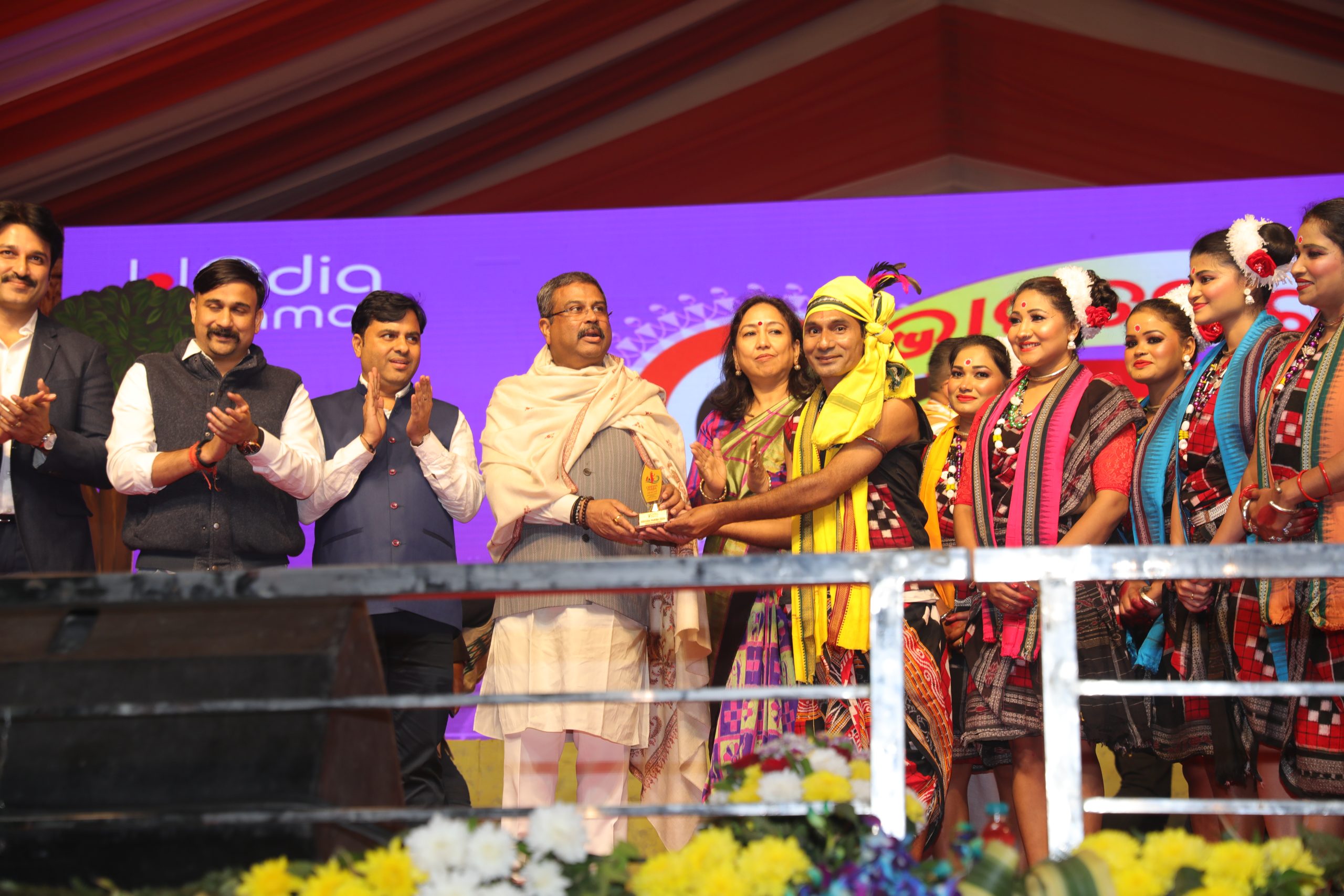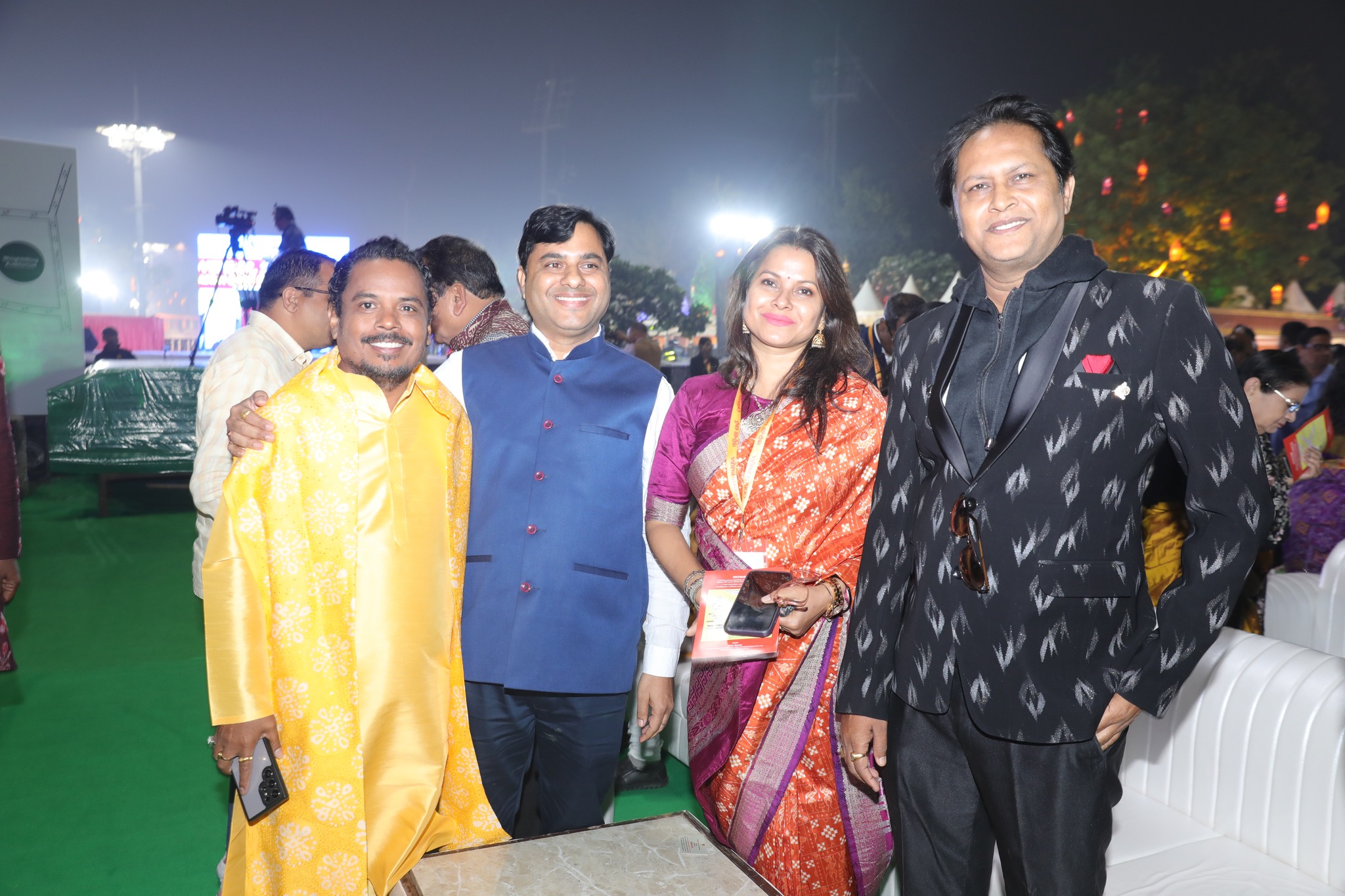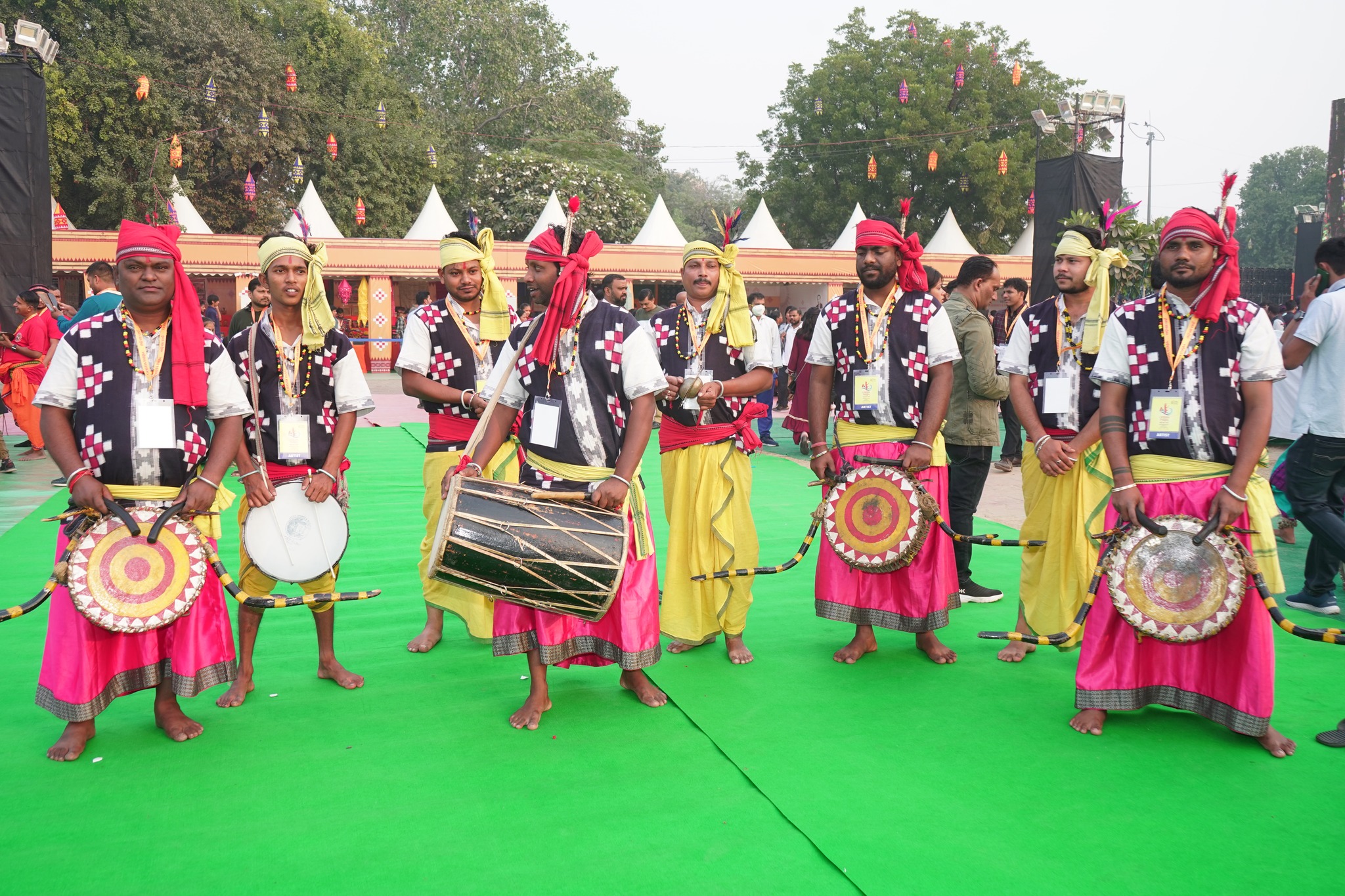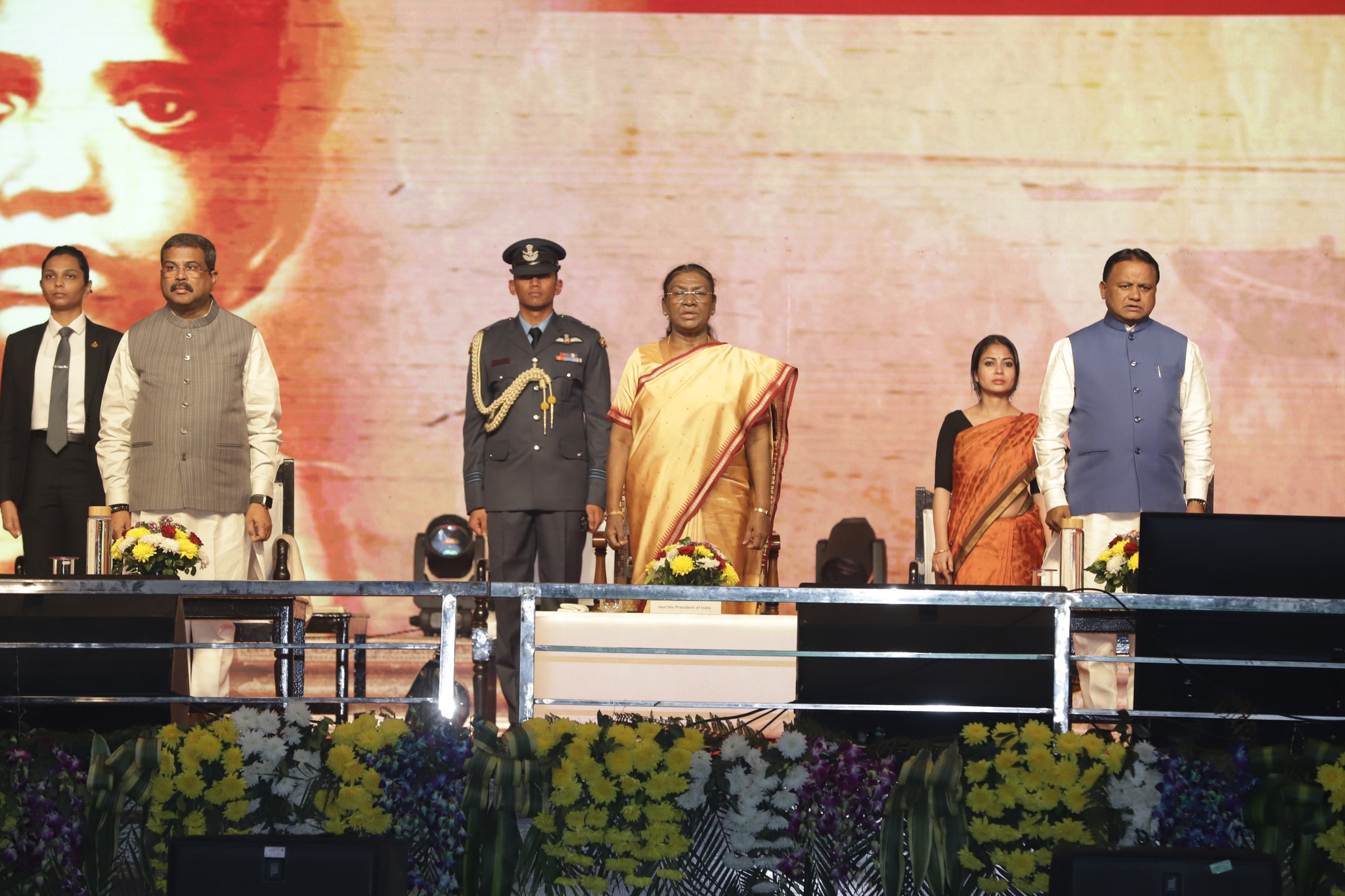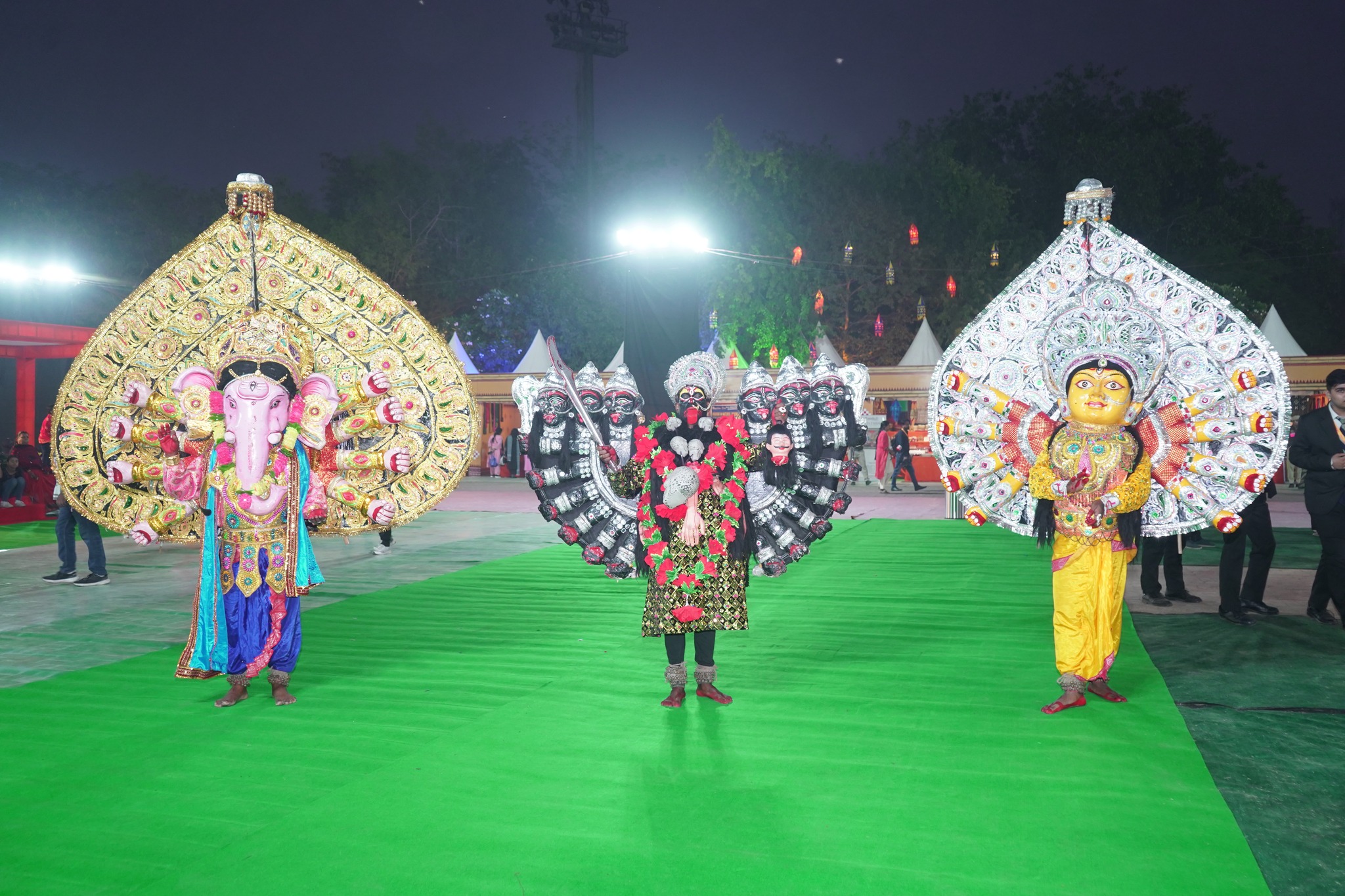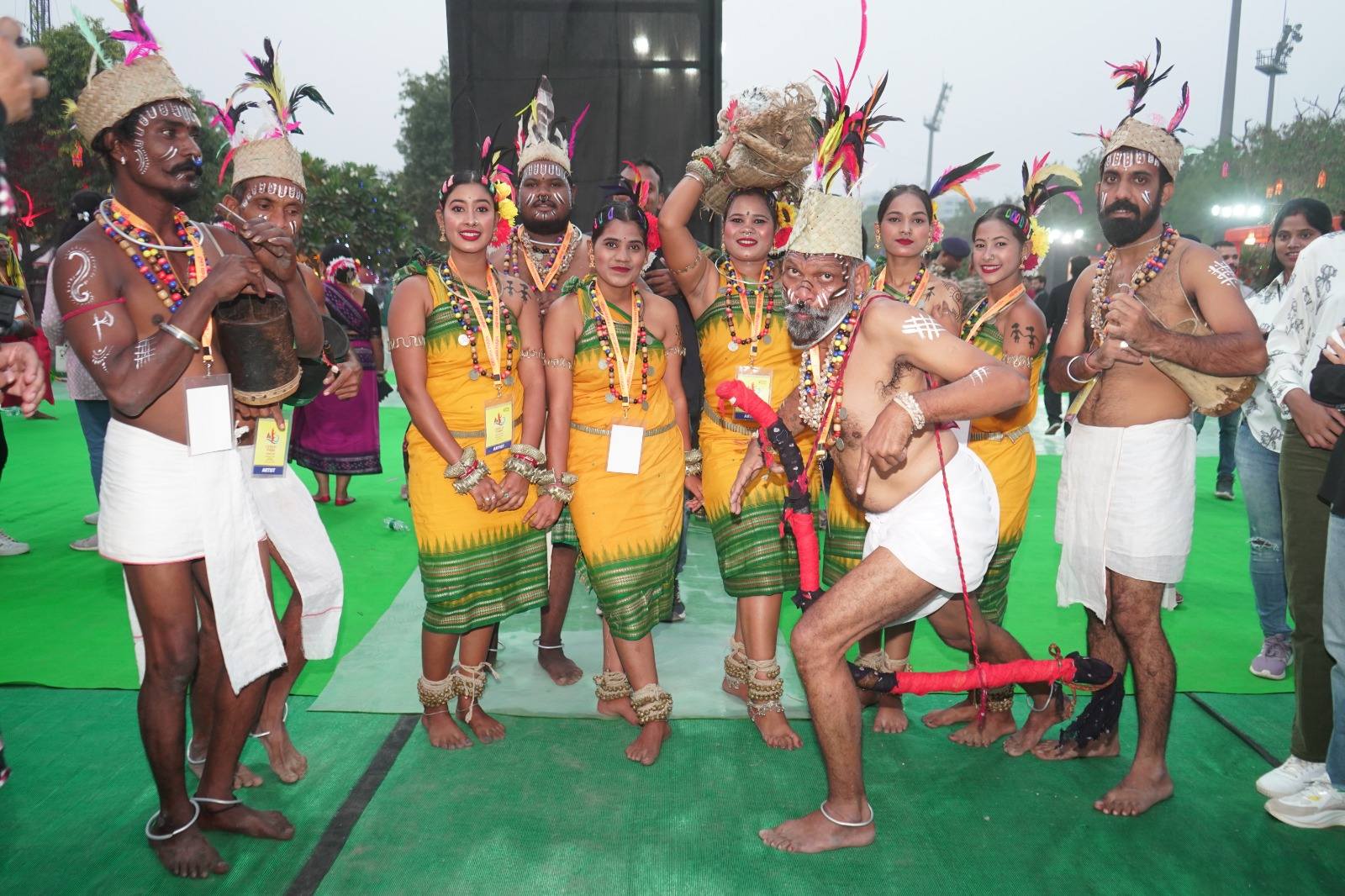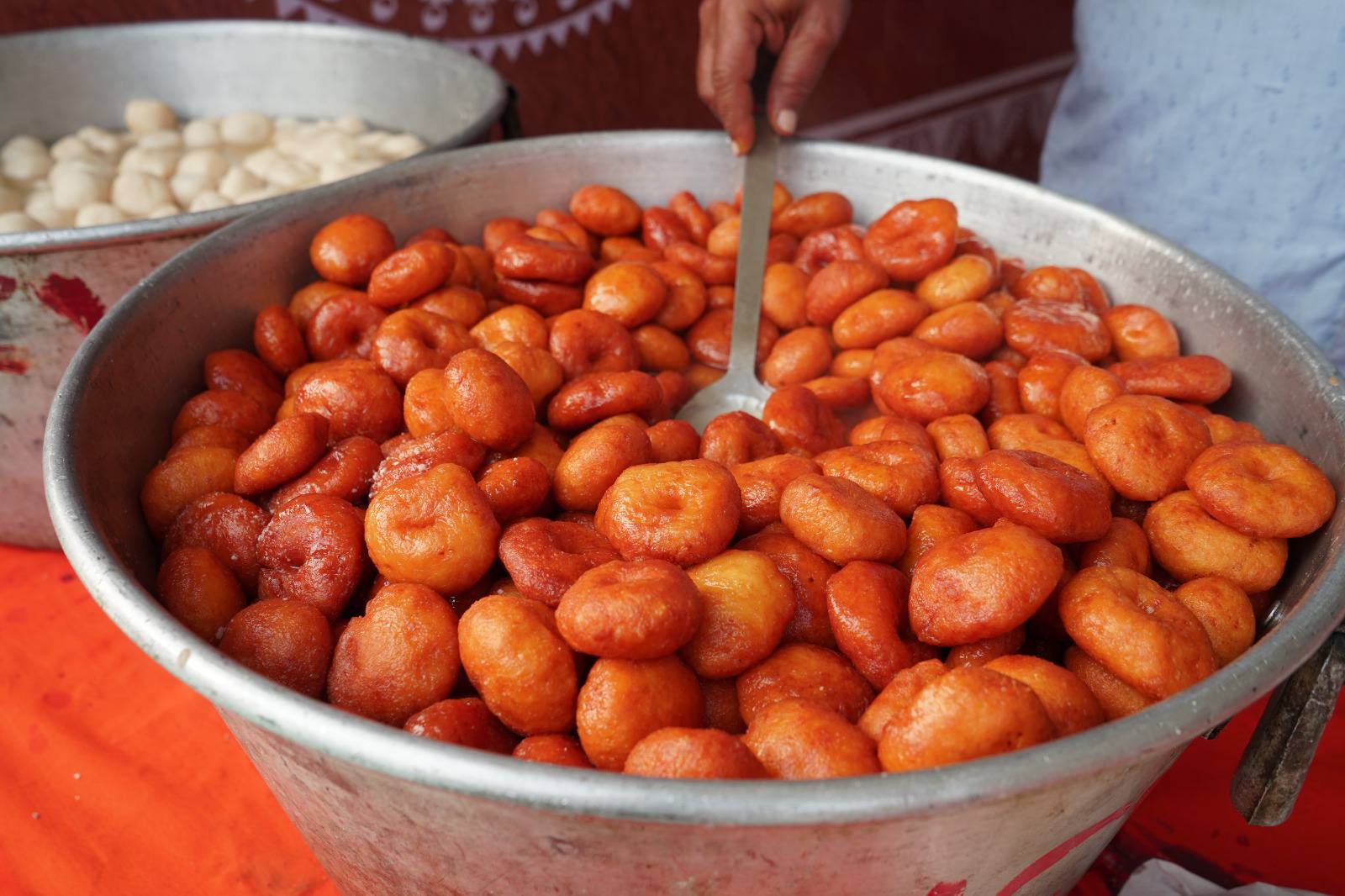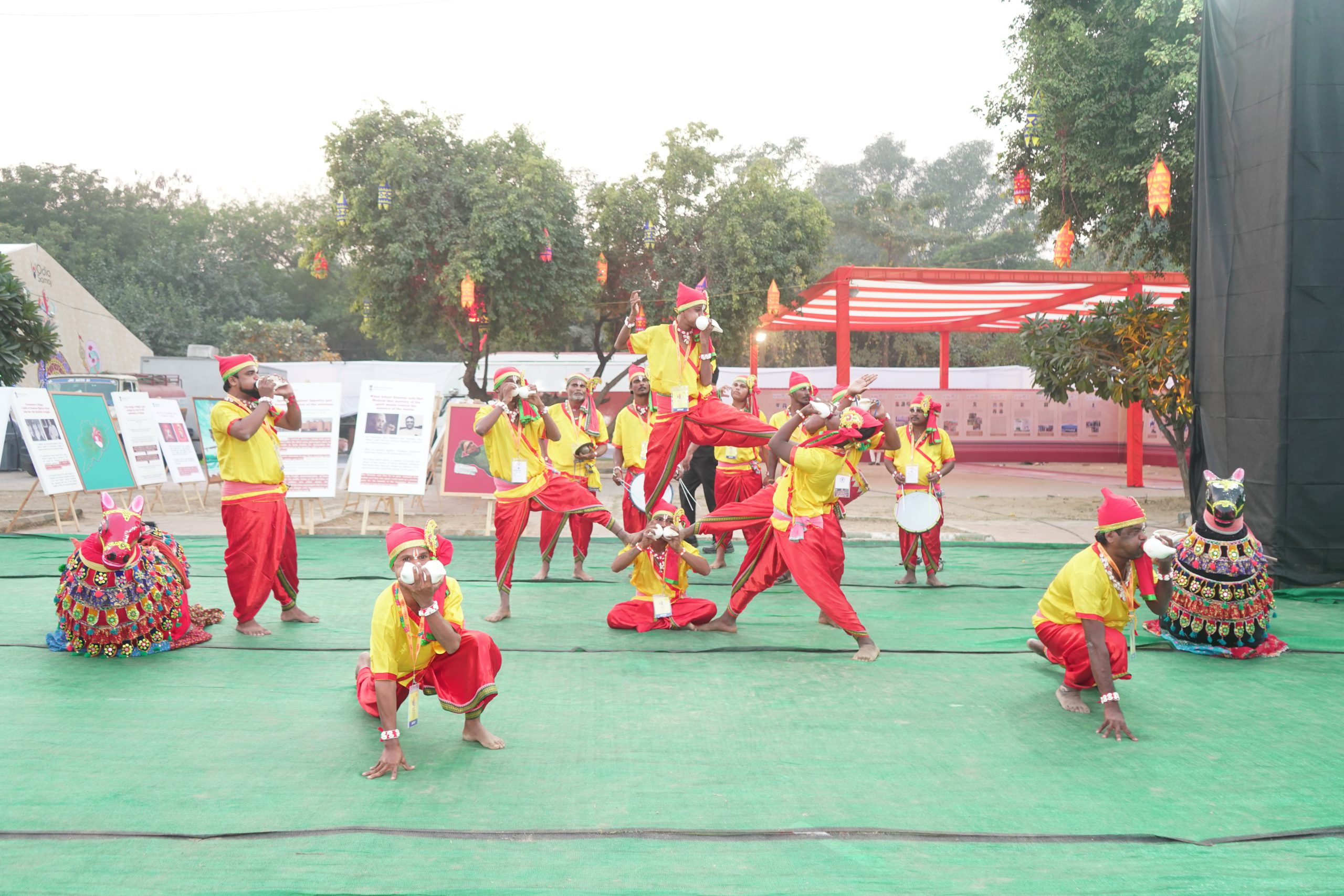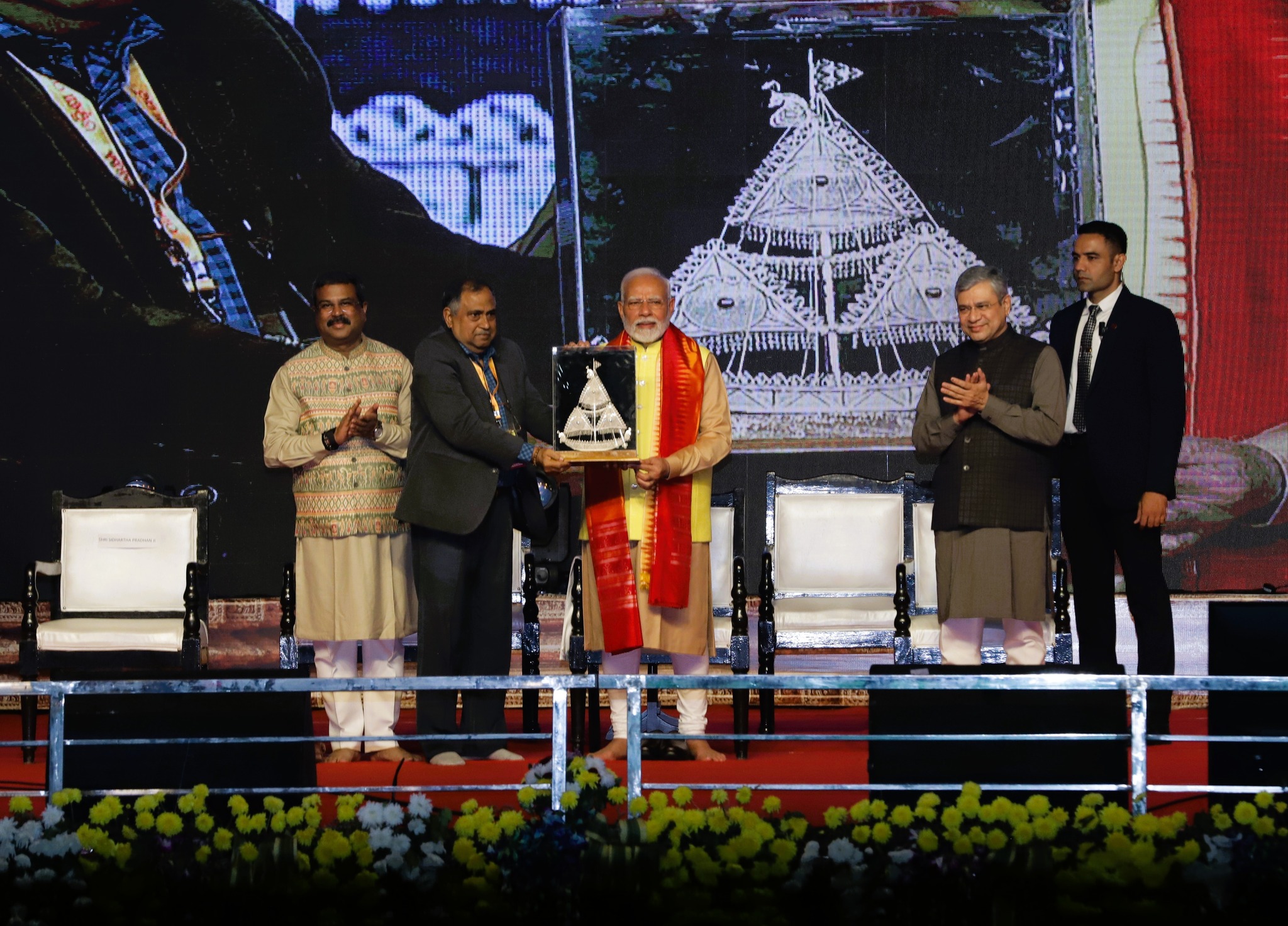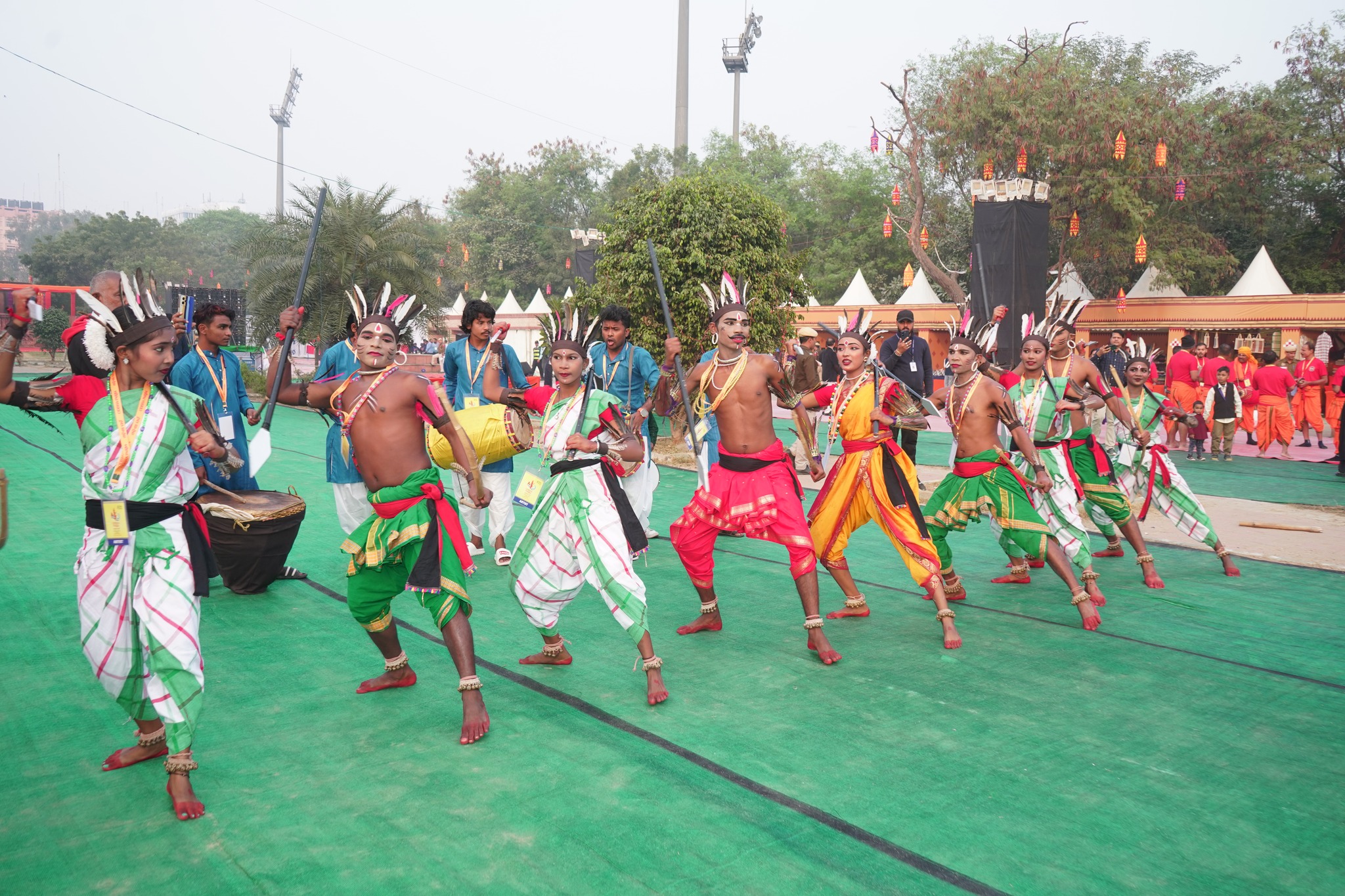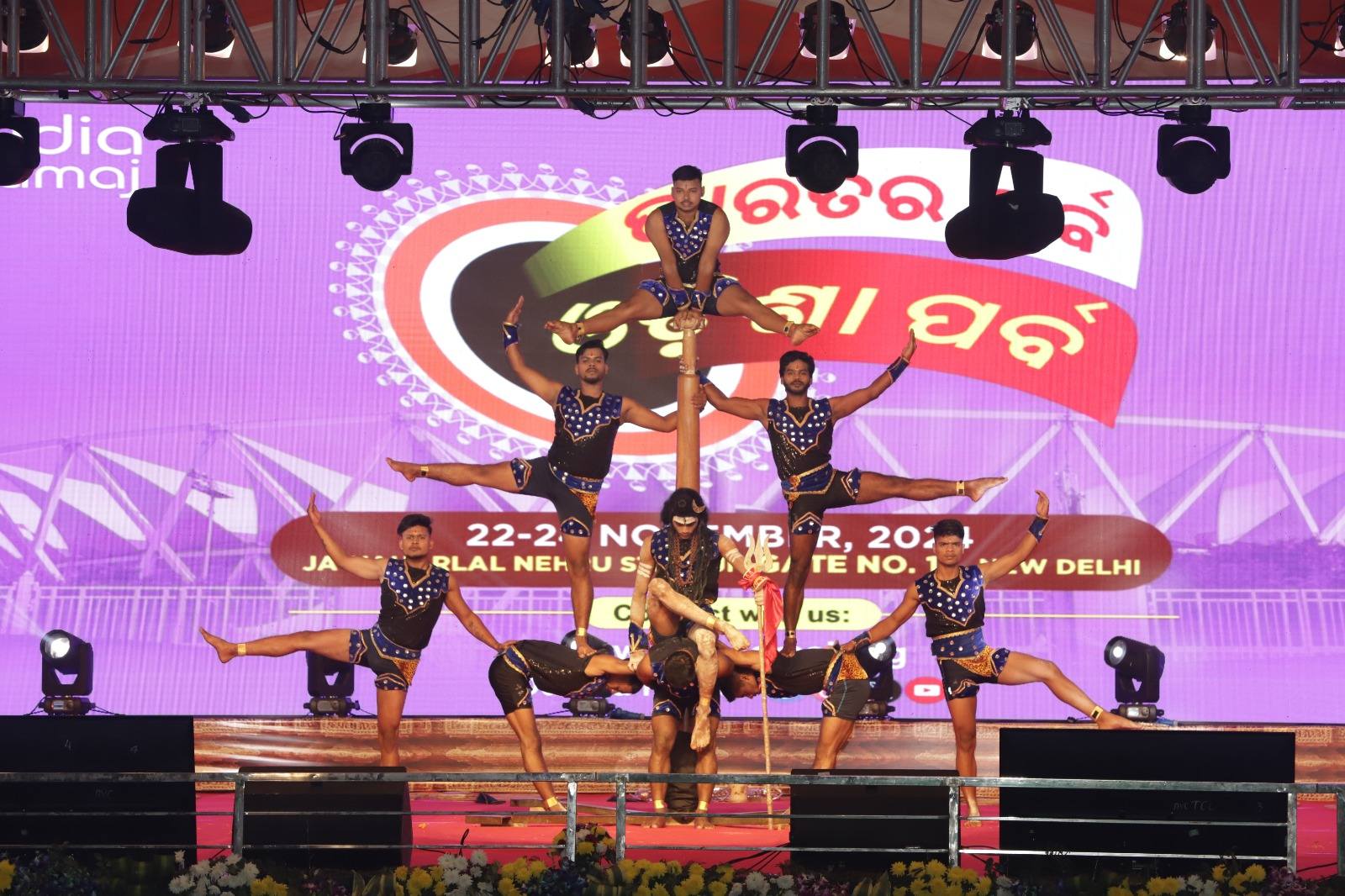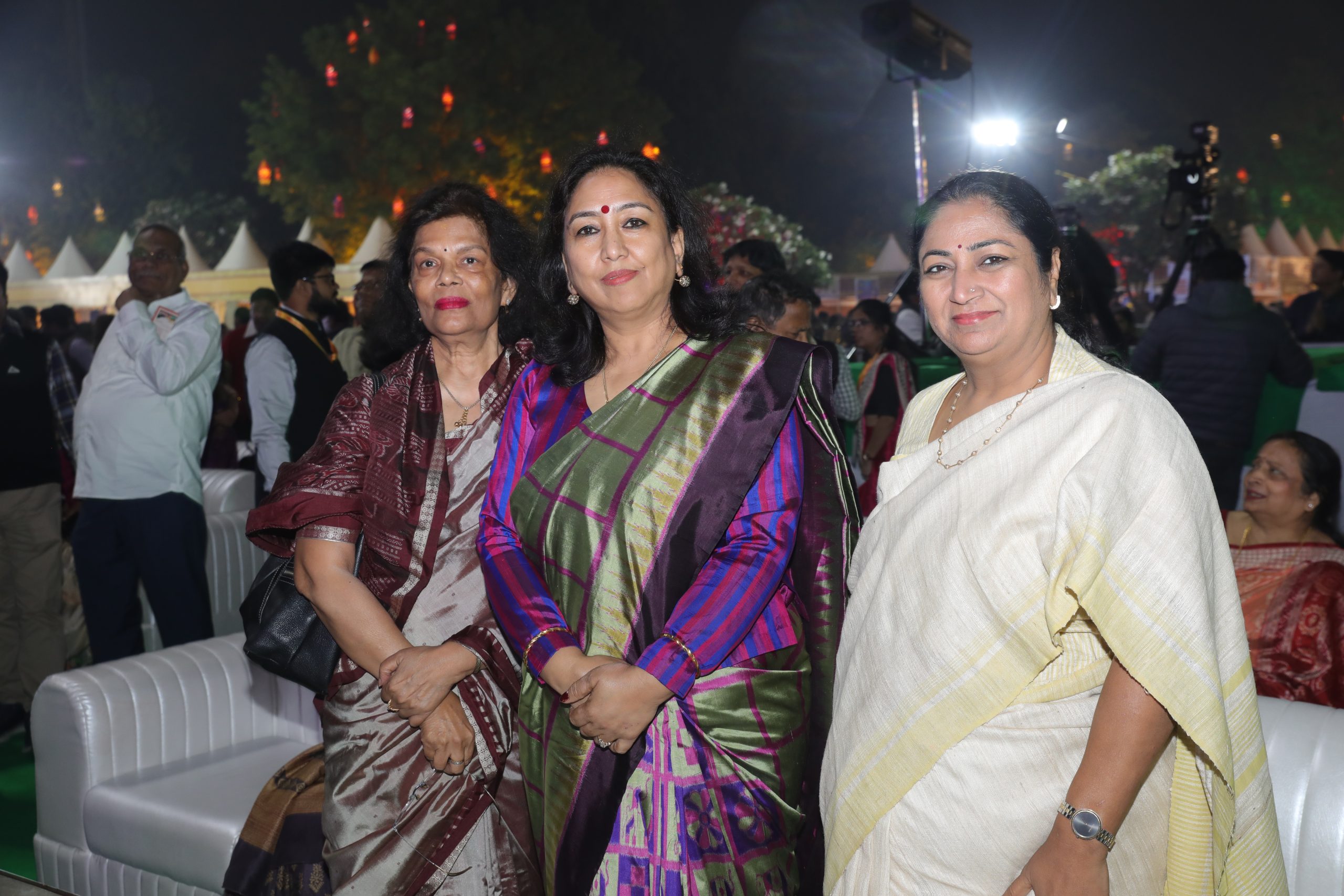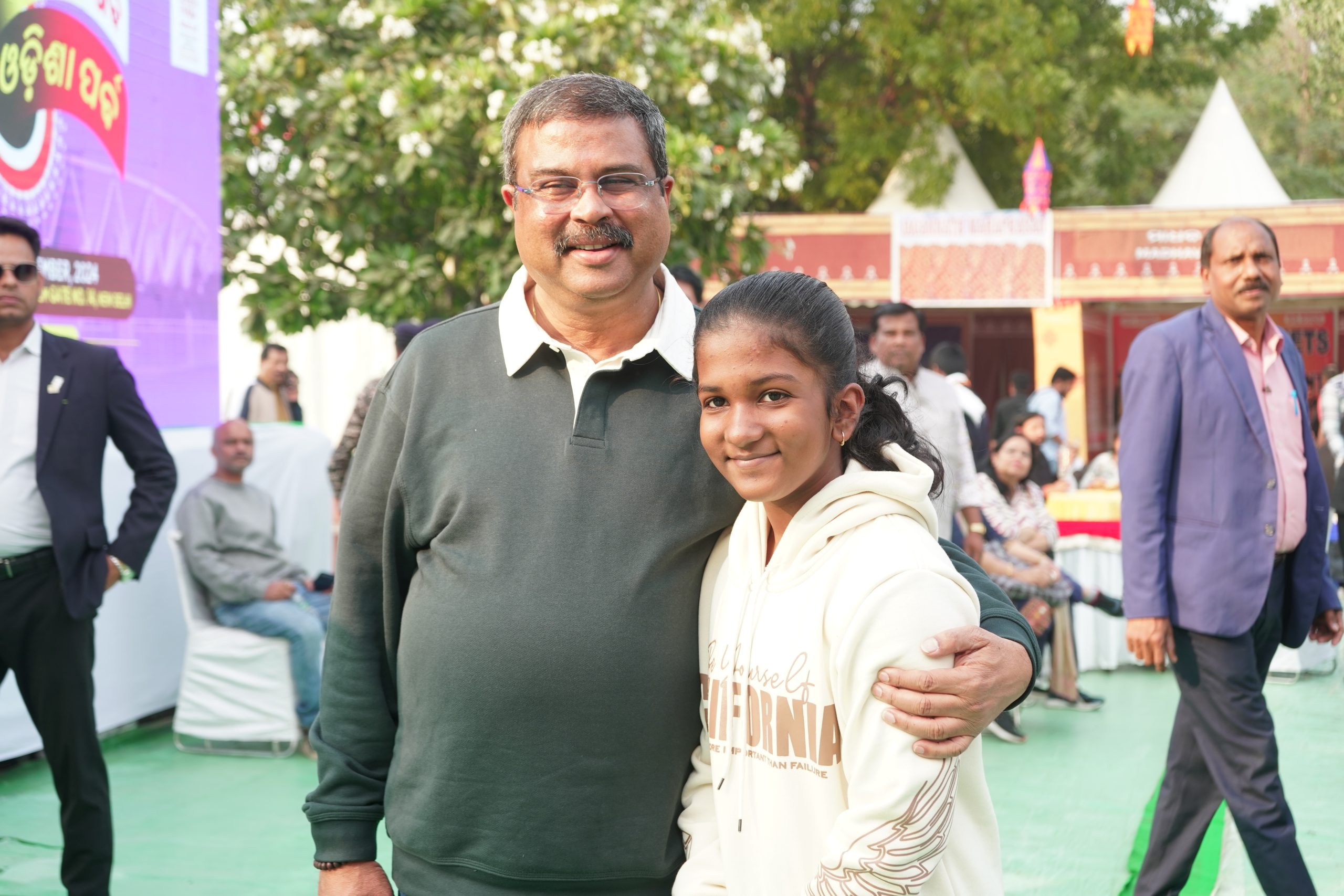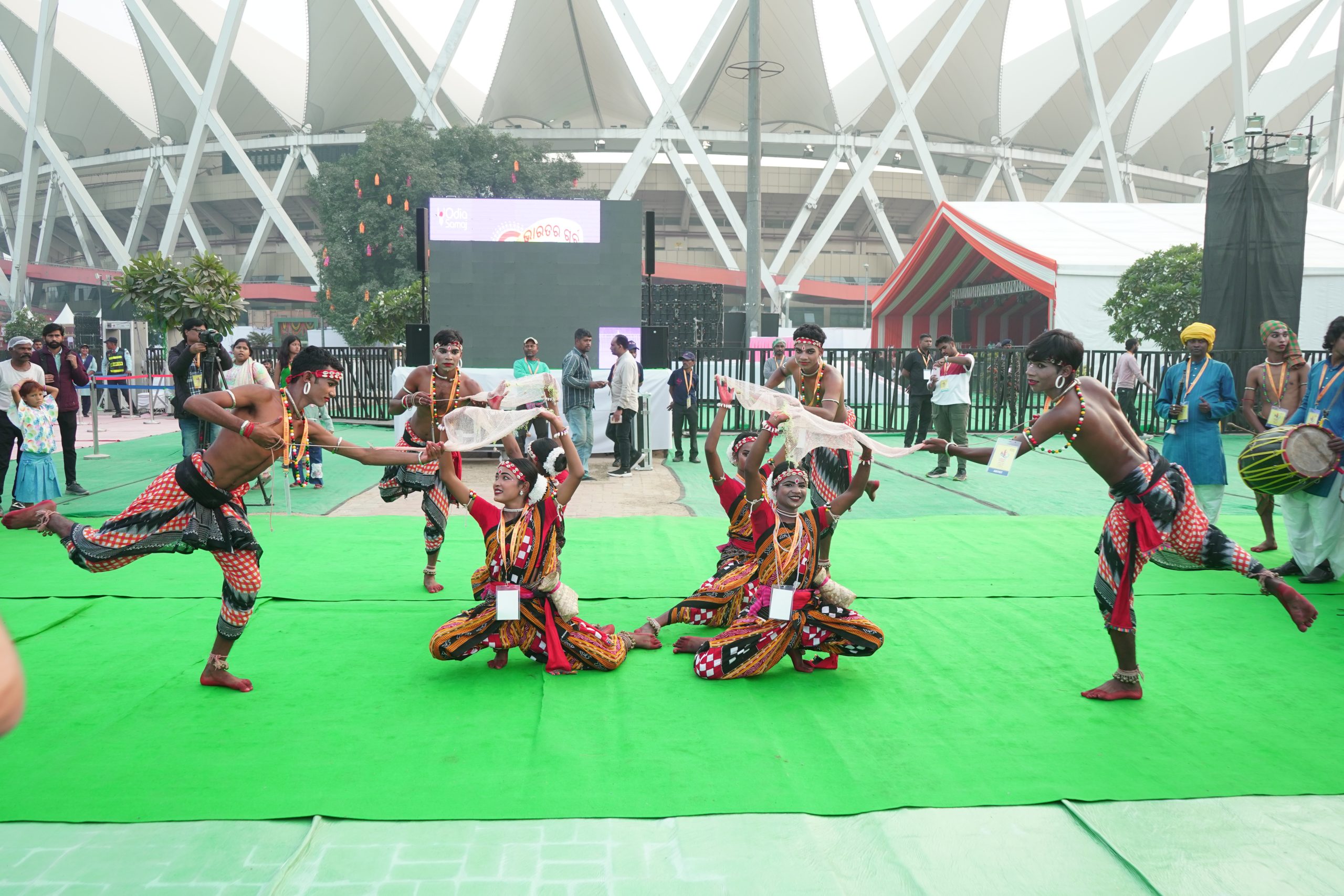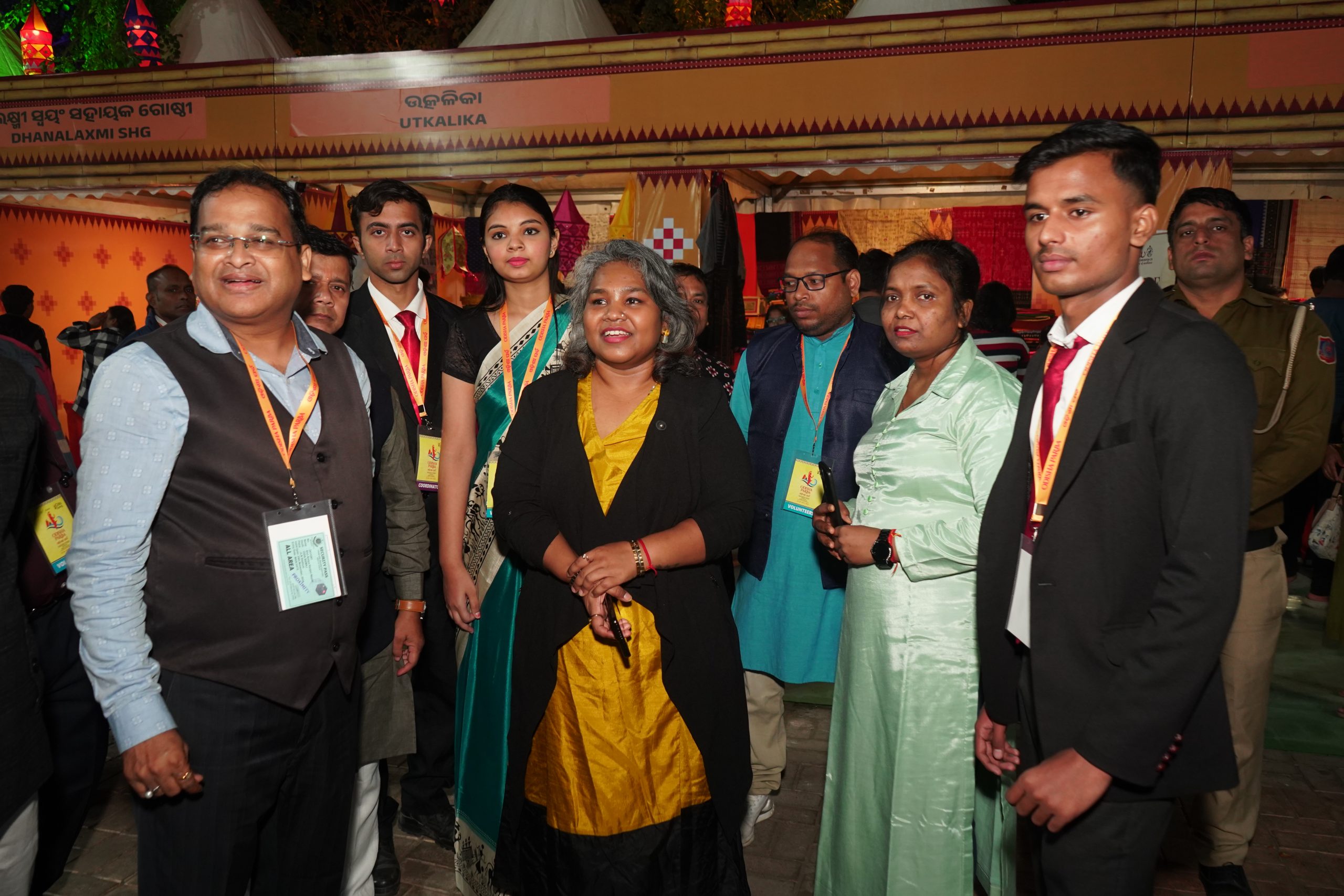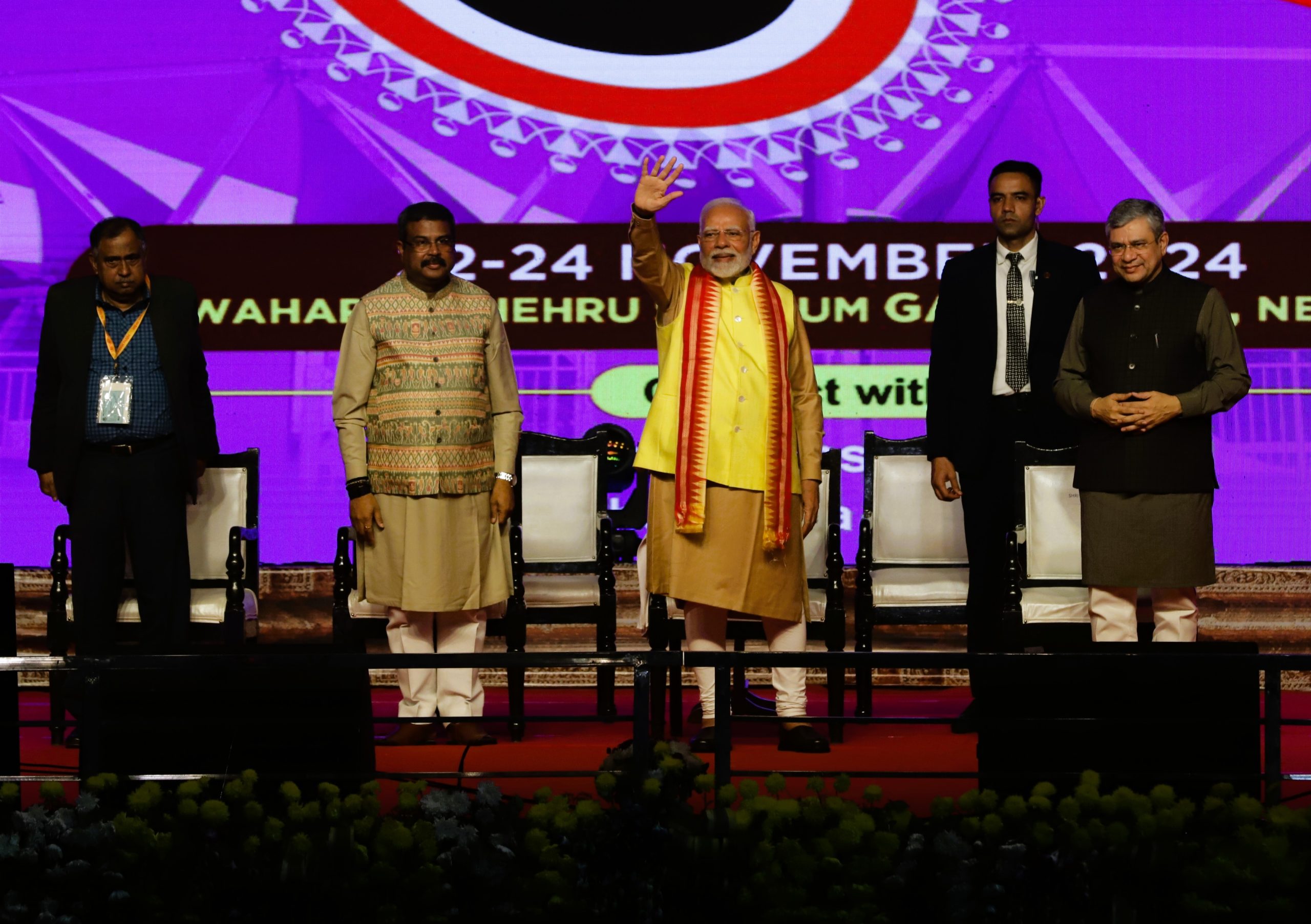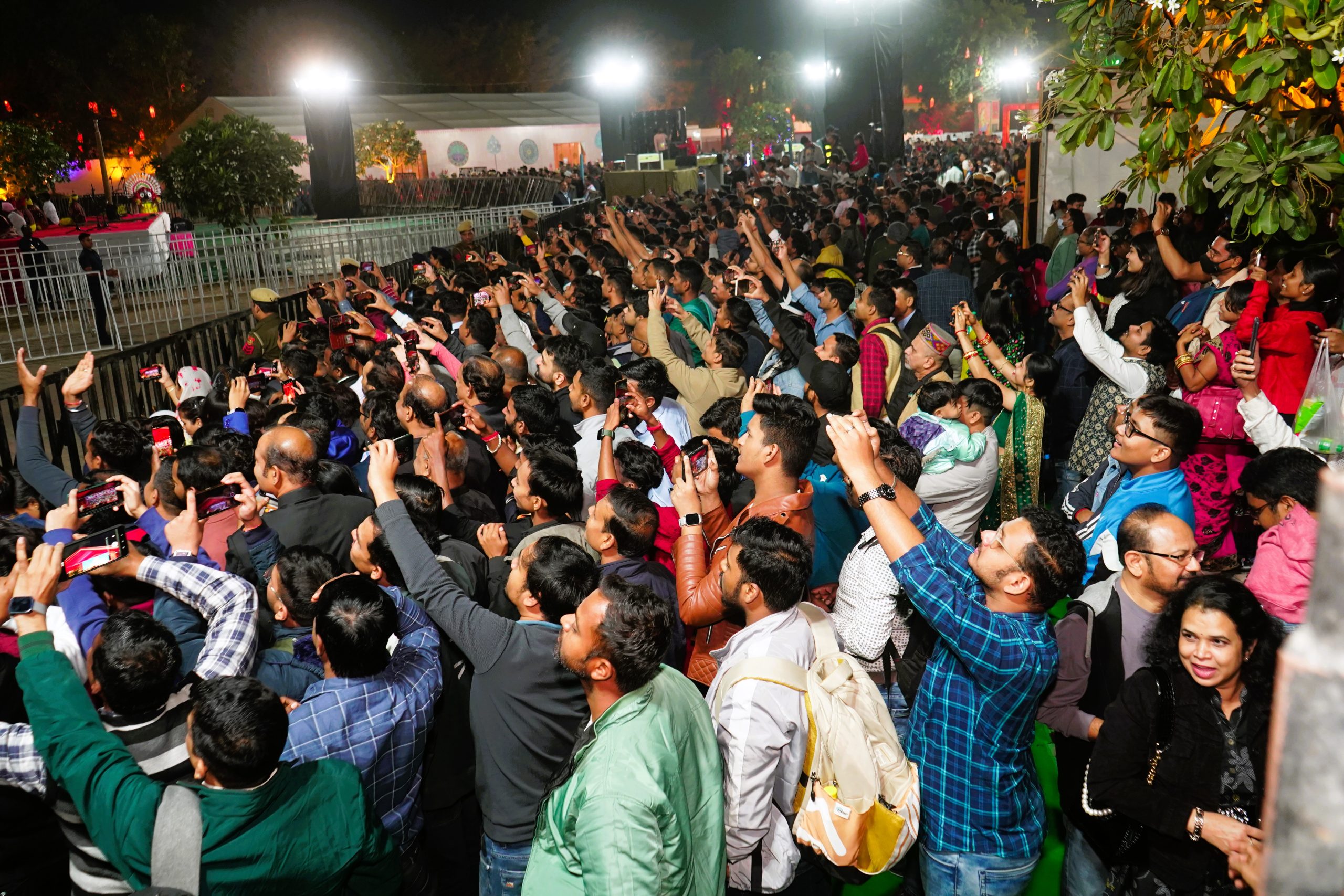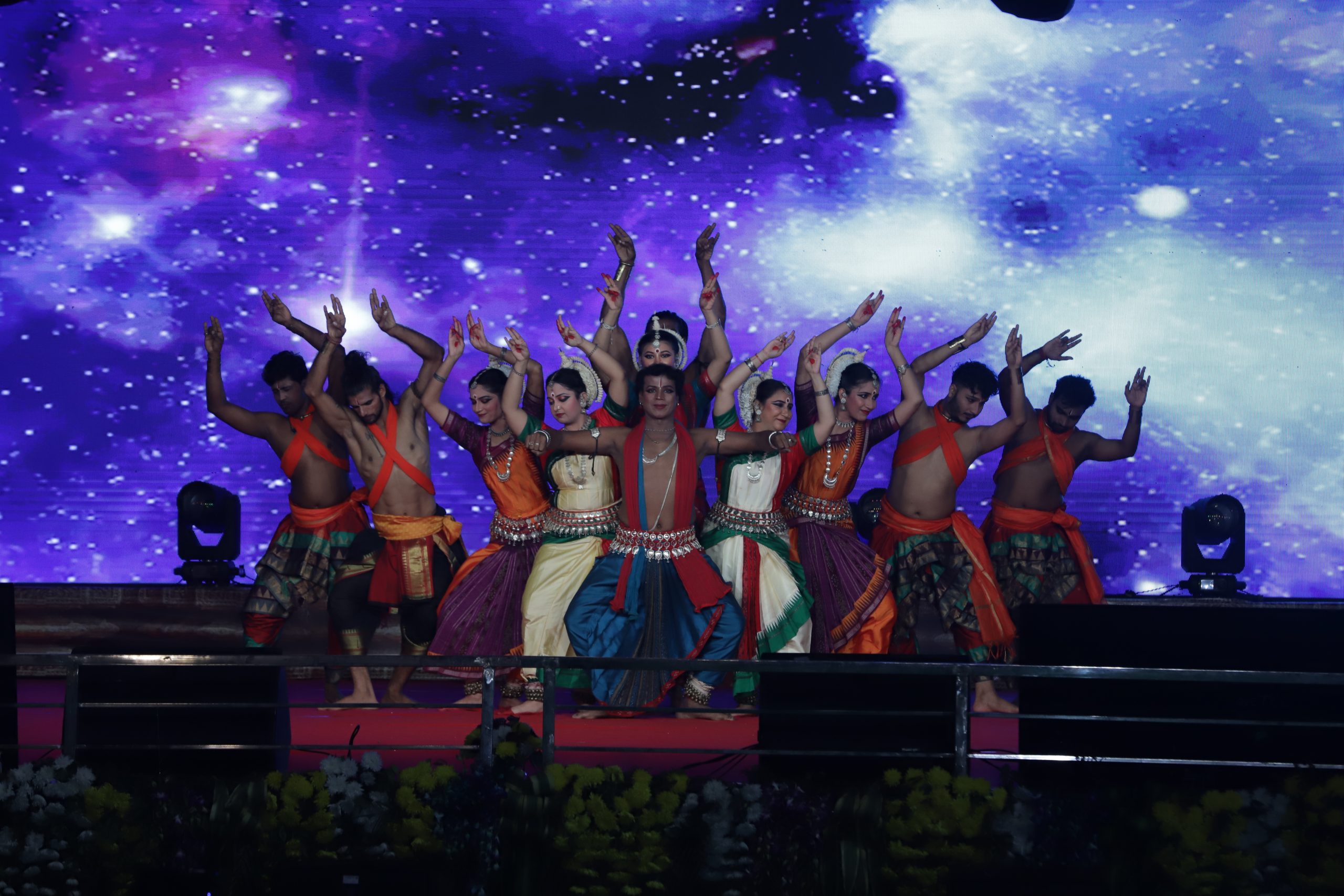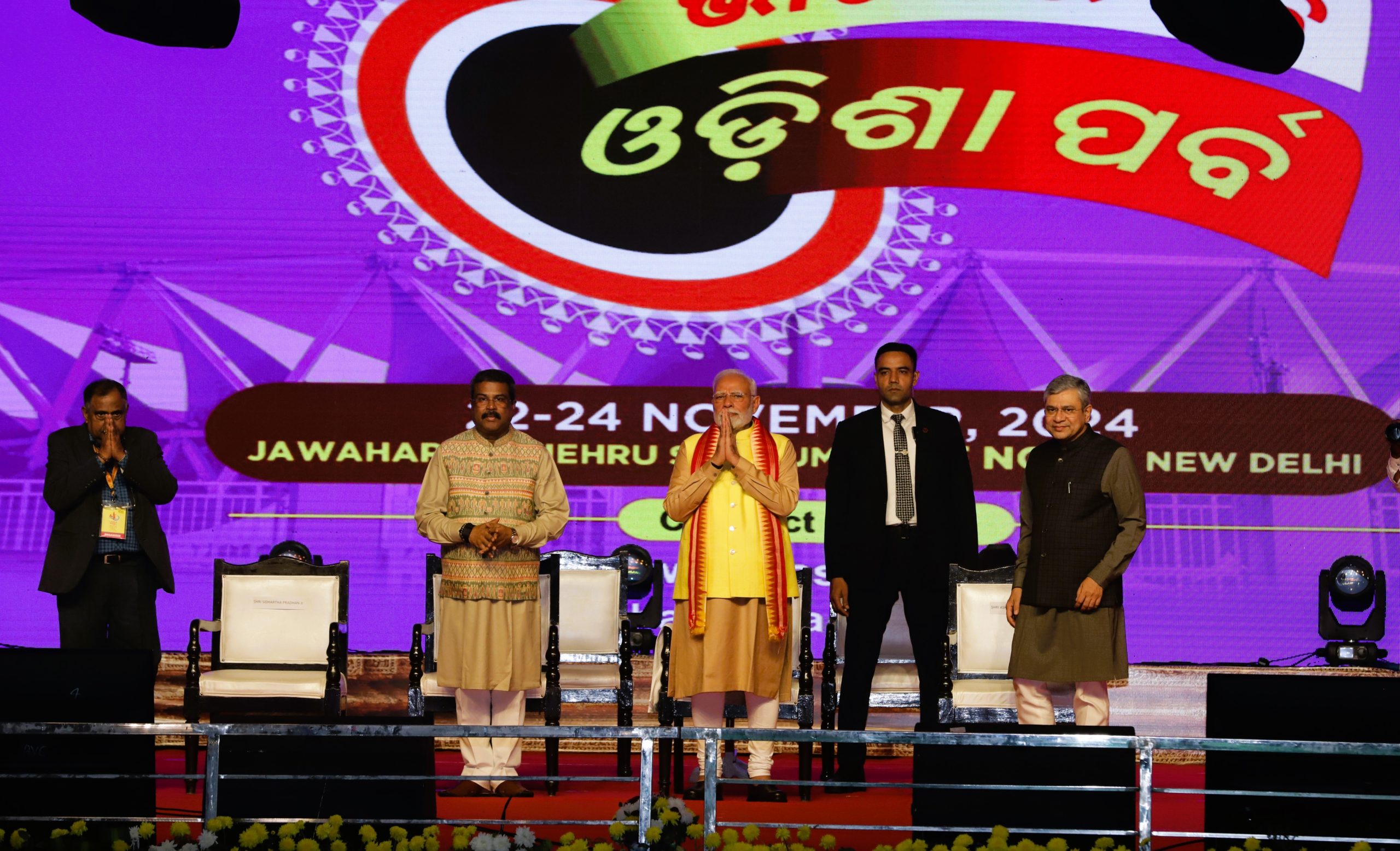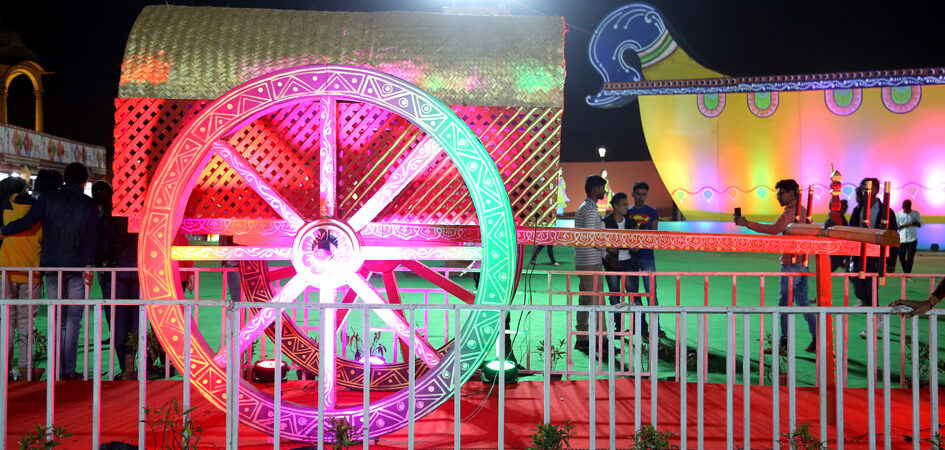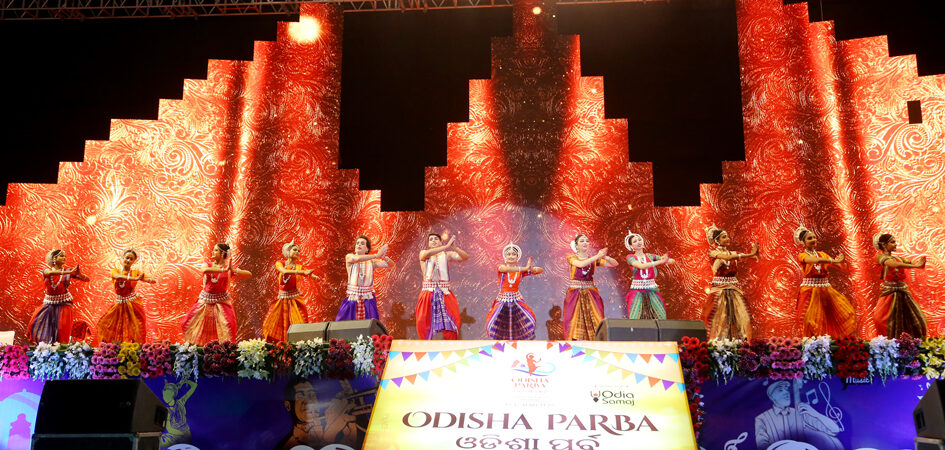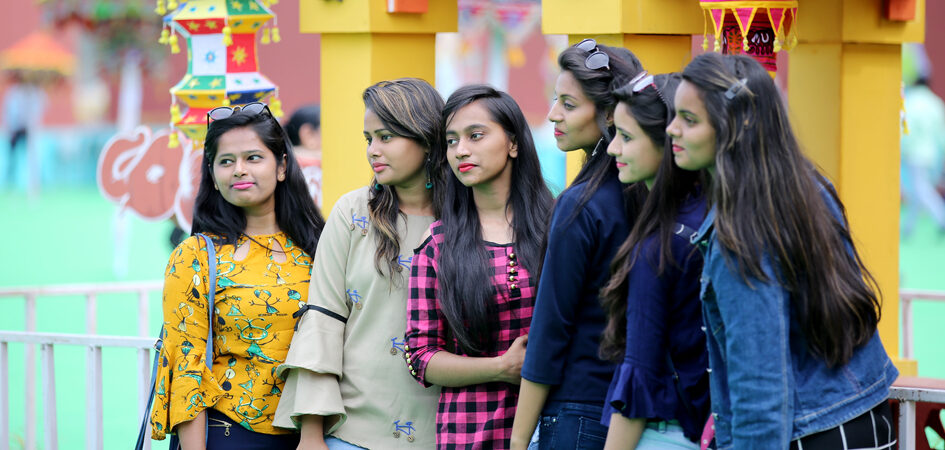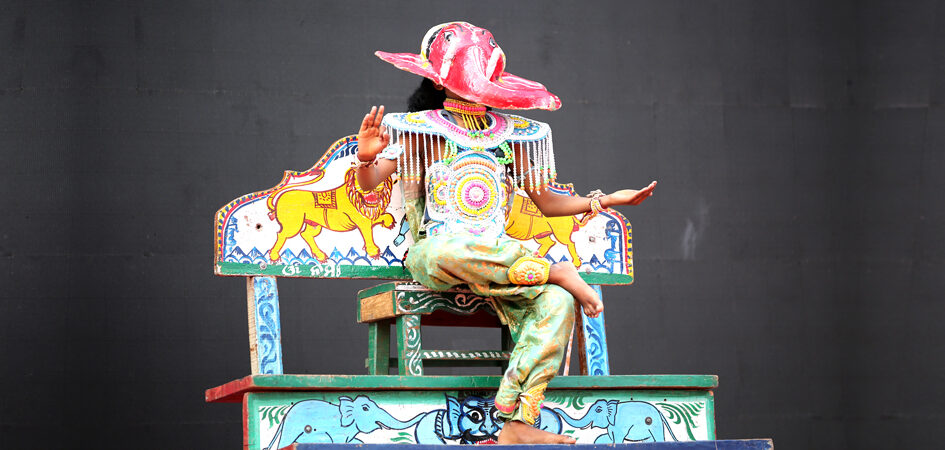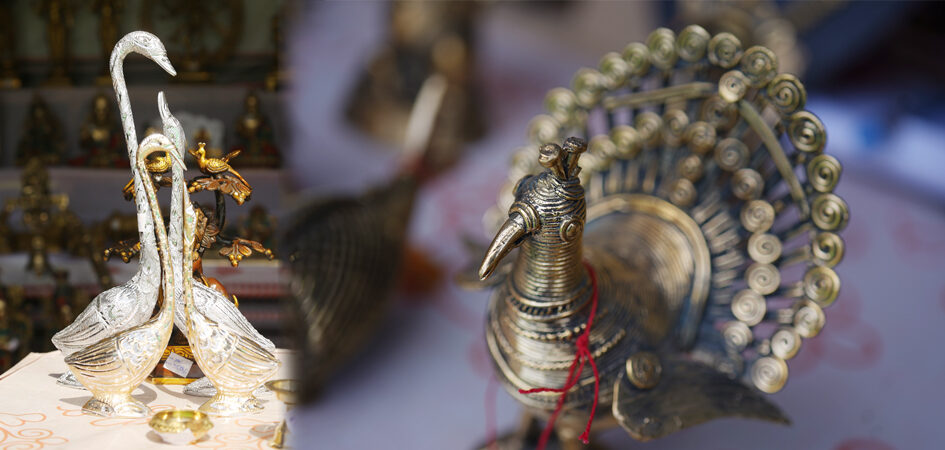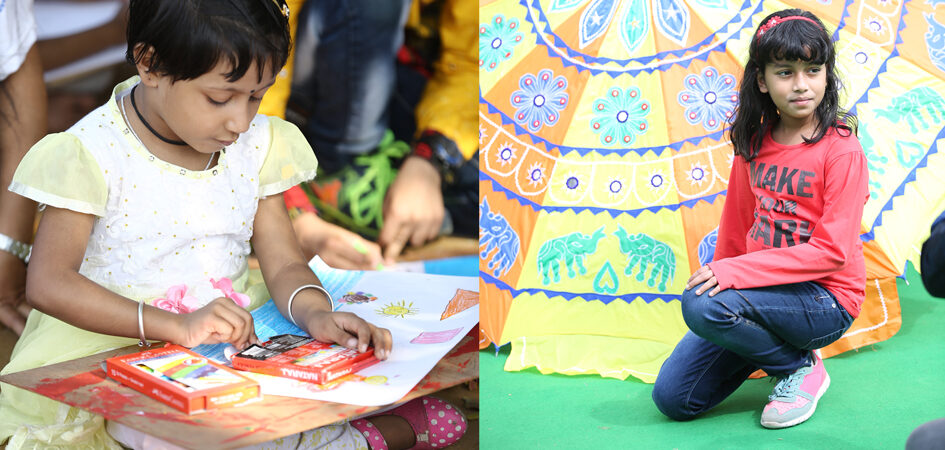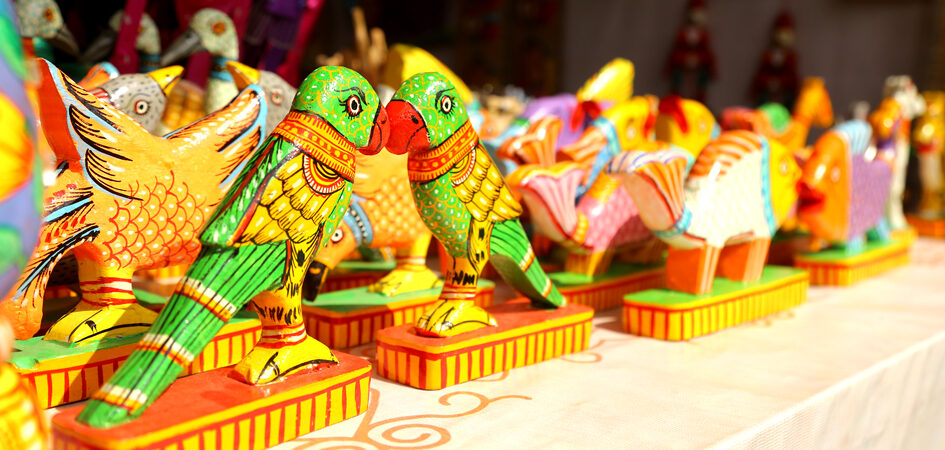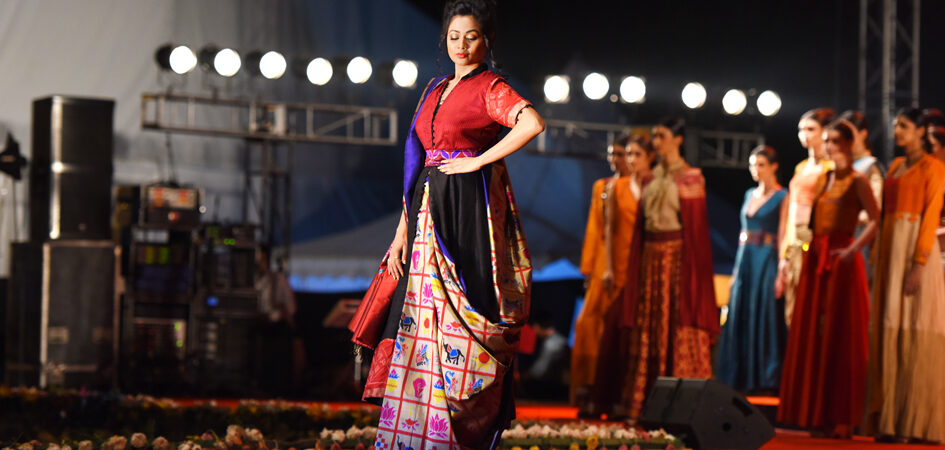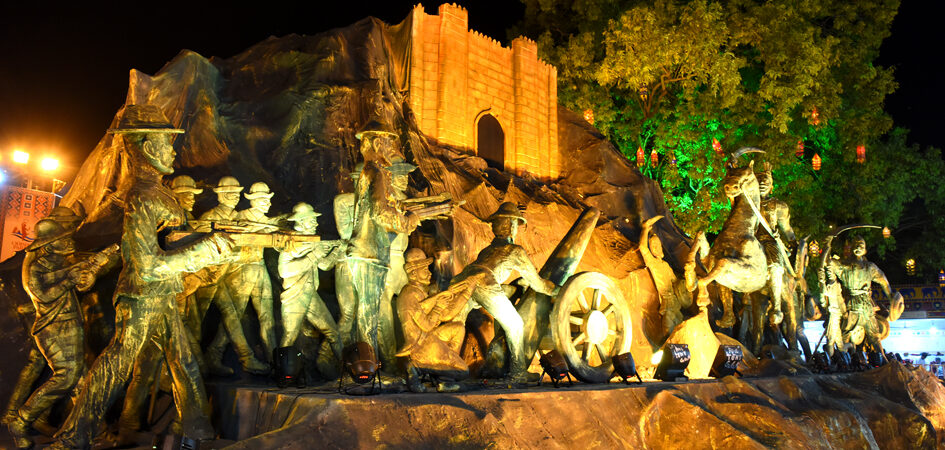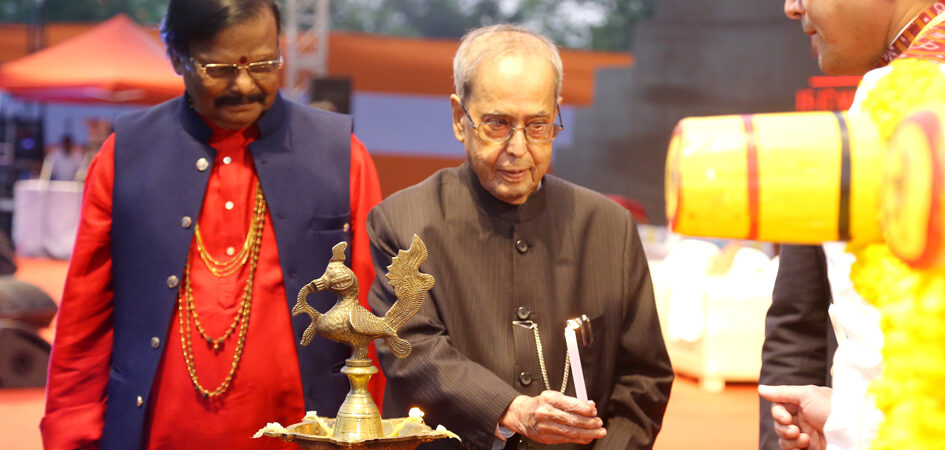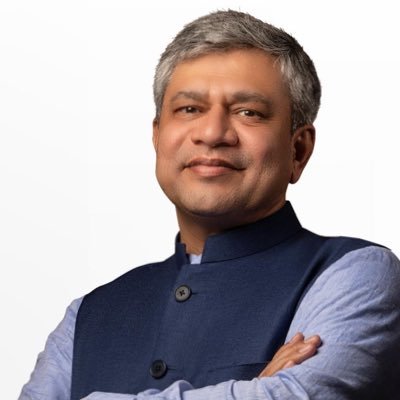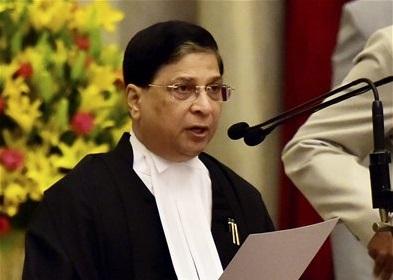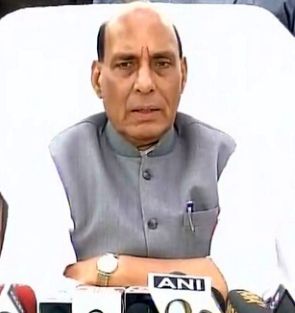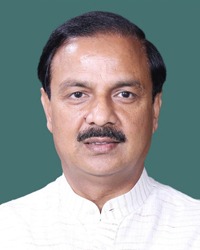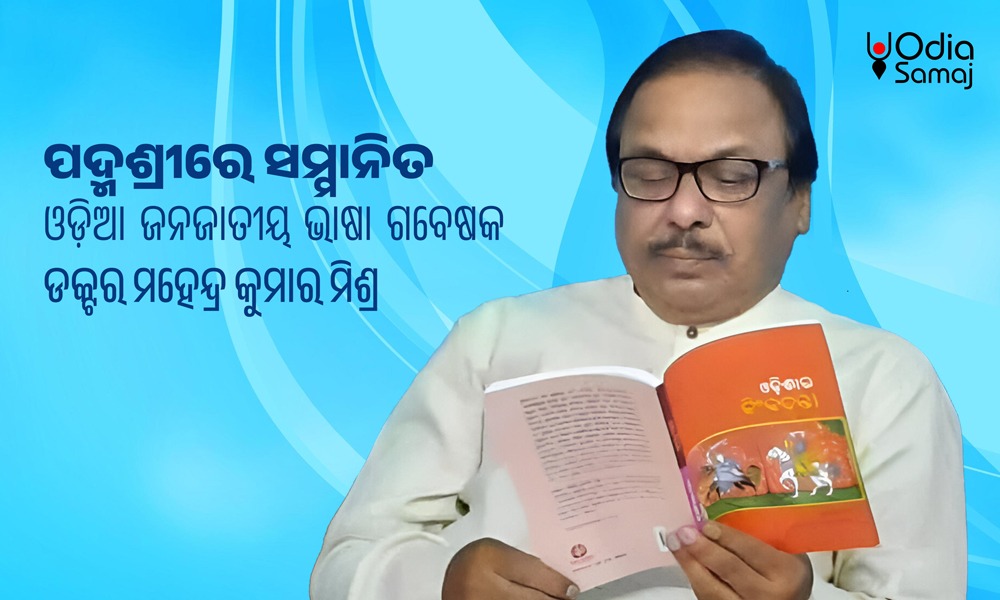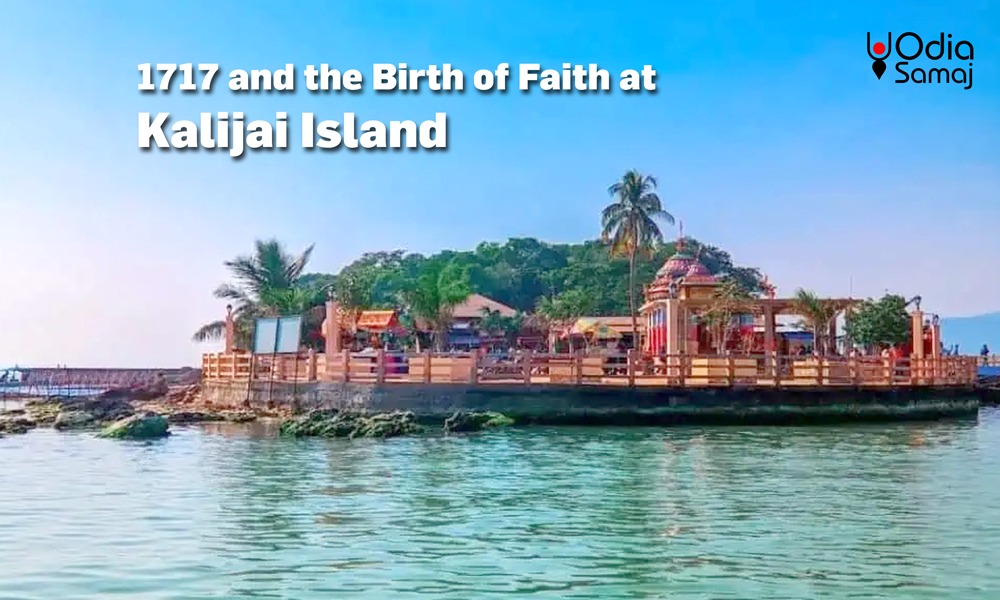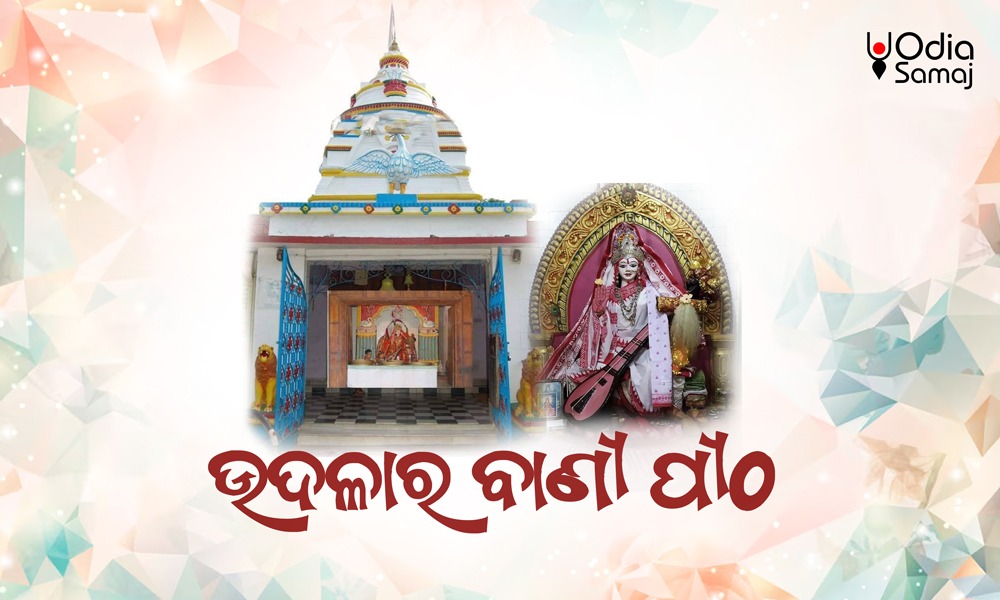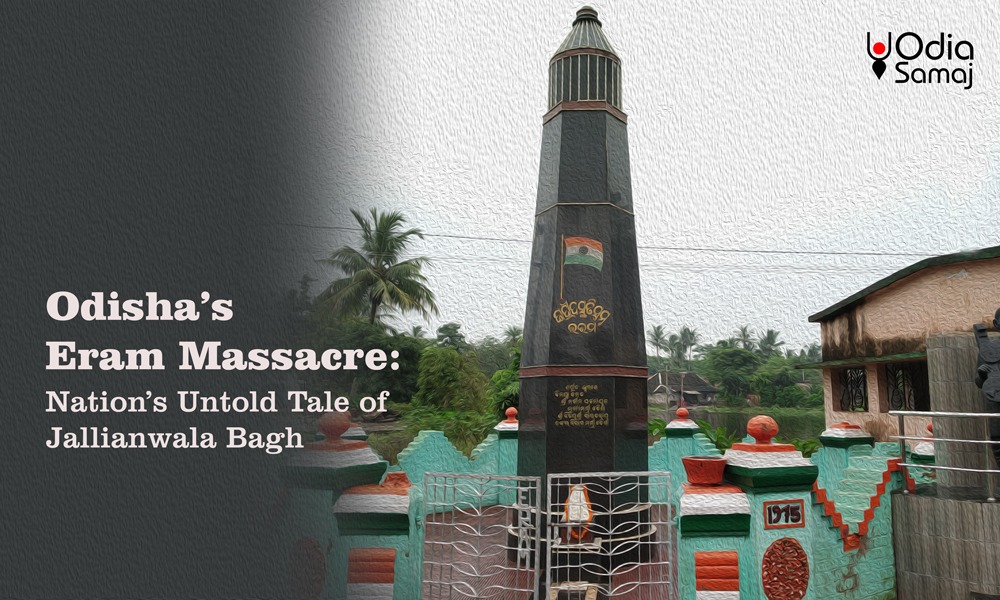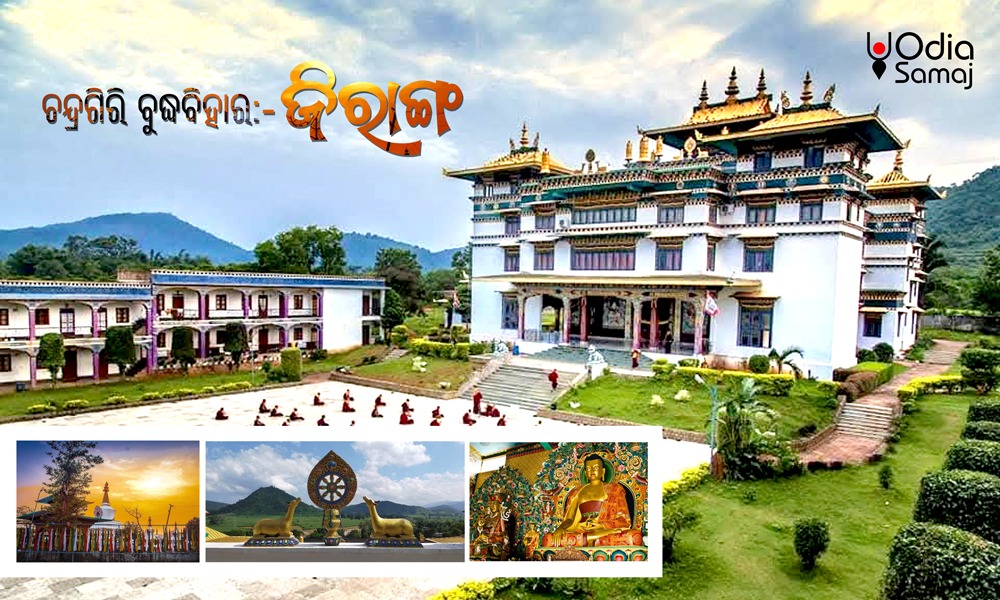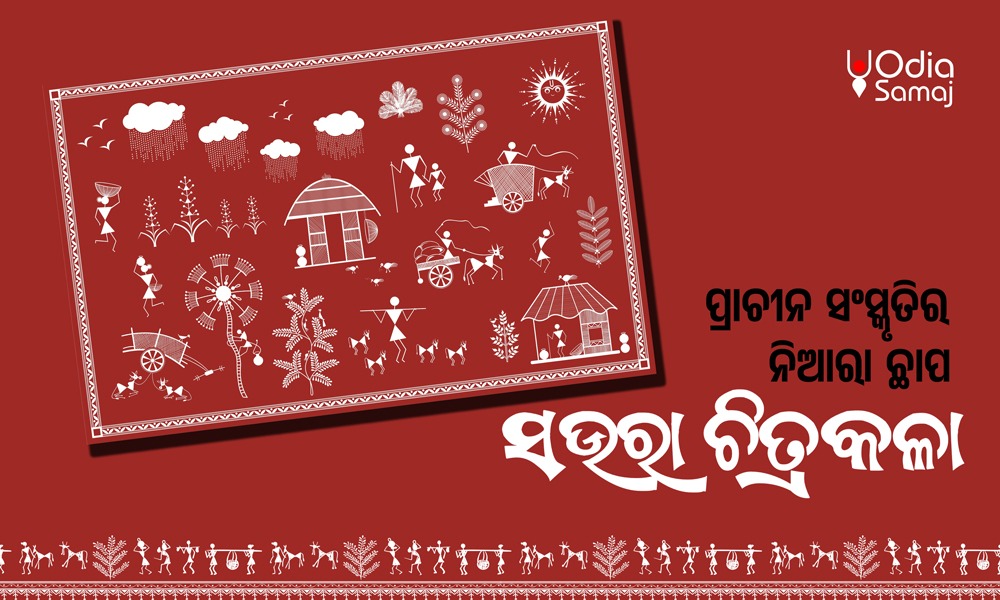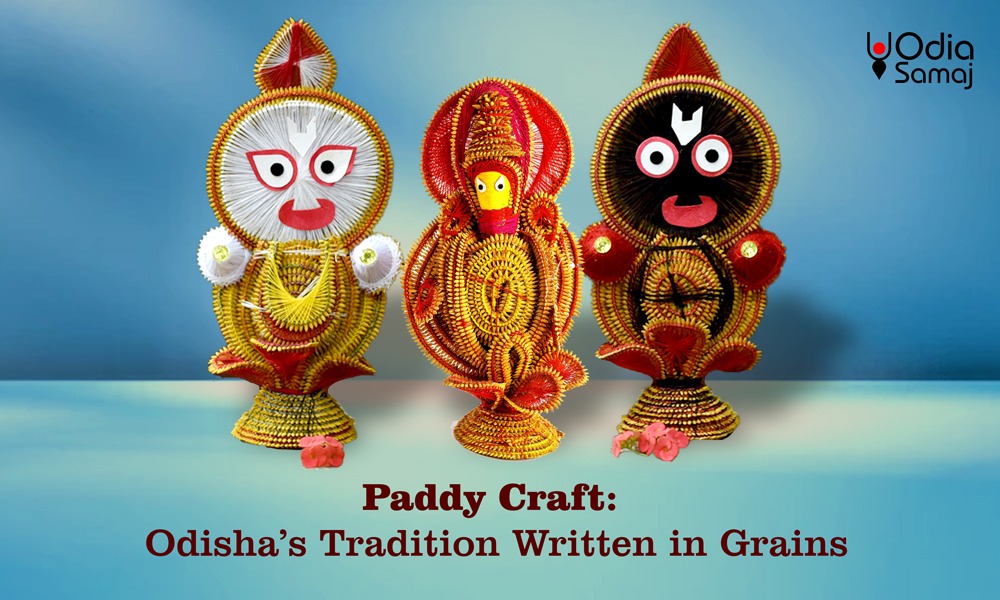Welcome To Odia Samaj
Odia Samaj is a leading non-profit, socio-cultural organisation in India, actively promoting Odia culture, heritage, art and much more. It has given the Odia diaspora worldwide, a platform to come together and connect to their common roots, cherish their identity and take pride in the glory of Odisha’s past, present and future.
Odia Samaj stands as a vibrant beacon for Odia diaspora, fostering a strong sense of community and identity. As a leading non-profit socio-cultural organization in India, it actively promotes the rich tapestry of Odia culture, heritage, and art. By providing a global platform, Odia Samaj encourages members to connect with their roots, celebrate their unique identity, and take pride in Odisha’s illustrious past, dynamic present, and promising future. Join us in honoring the essence of Odisha and enriching our collective journey as we cherish our heritage together!

About Odia Samaj
Odia Samaj is a spectacular vision that aims to celebrate the enriched Odia community while promoting and popularising its rich heritage on the global platform. Established on 27th February 2017 as a non-profit organisation, Odia Samaj has been relentlessly working to create a platform for Odias to stay connected to each other and to their culture and heritage.
Latest News
Our Activities

Covid Care
In a nobel effort to combat the Covid-19 Odia Samaj brings to you Covidcare, an initiative to connect doctors and patients.

Webinar
On the occasion Odia Samaj organised a webinar titled 'Financial Packages and Opportunities for MSME in Odisha.11

Odisha Parba
The grand festivity of mega ‘Odisha Parba’ was celebrated in a spectacular and unique manner, with lots of enthusiasm.

Social Activities
Odia Samaj , New Delhi helped by distributing more than 10,000 food packets to the distressed Odias of Delhi -NCR.
Best Moments "During Odisha Parba"
Testimonials
Moving With
Kindness
There's no greater virtue than helping others. Therefore, kindness is one of the main mantras of Odia Samaj.
Dedication
Odia Samaj is dedicated to creating the biggest Odia community in the world bringing people closer to their roots of exceptional culture & values.
Contribution
Being a non-profit organisation, our aim is to help people in need. Contribution from our members goes a long way in helping the lives of the underprivileged.
Nurture
Nurturing helps a community grow as a whole. Odia Samaj actively nurtures the talent, skill, art, etc. of Odias around the world.

